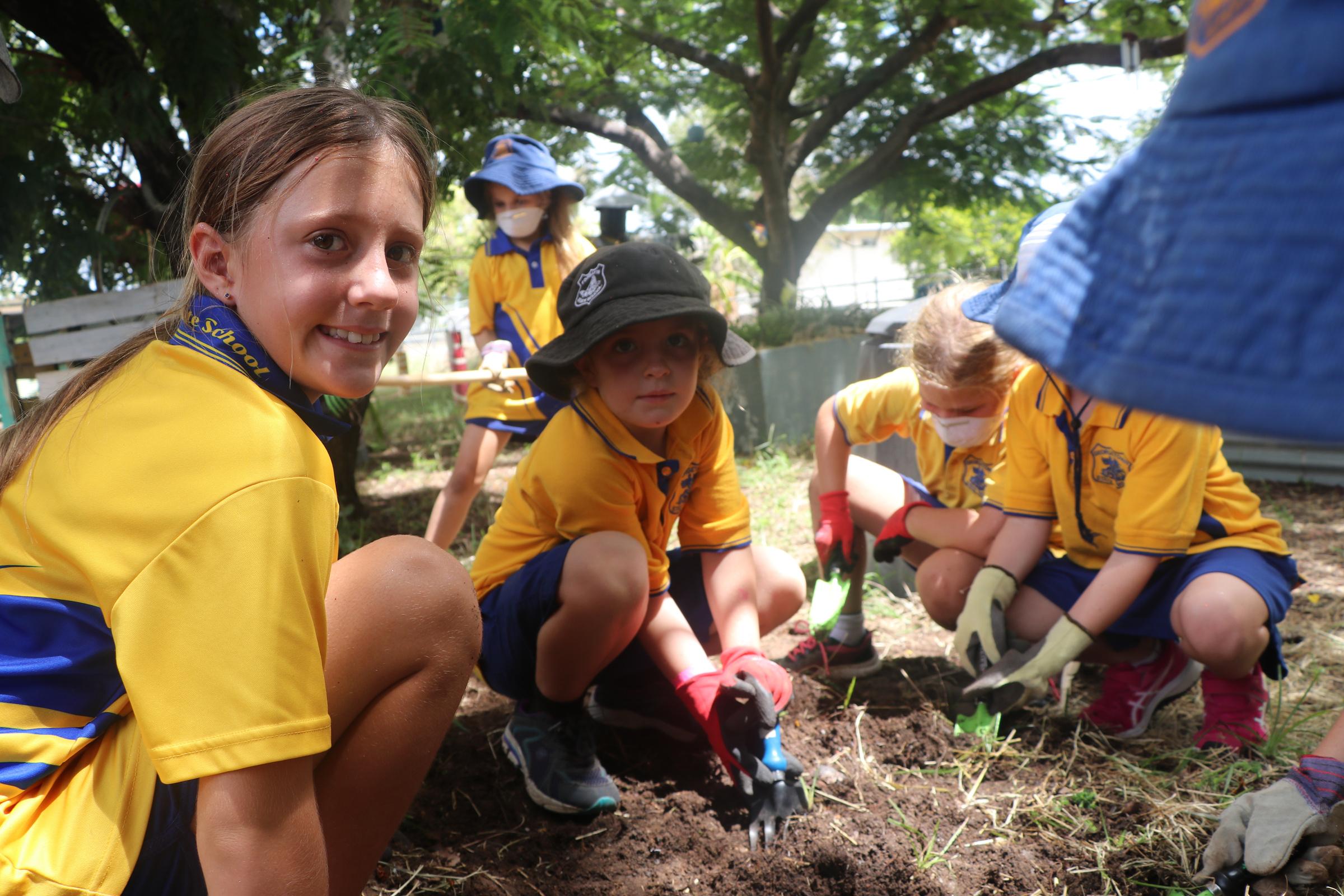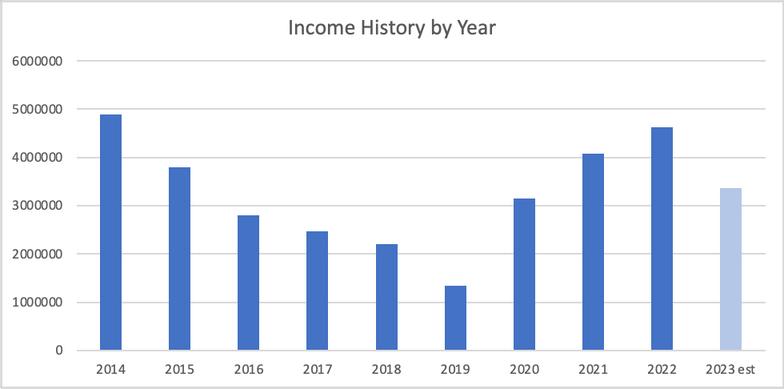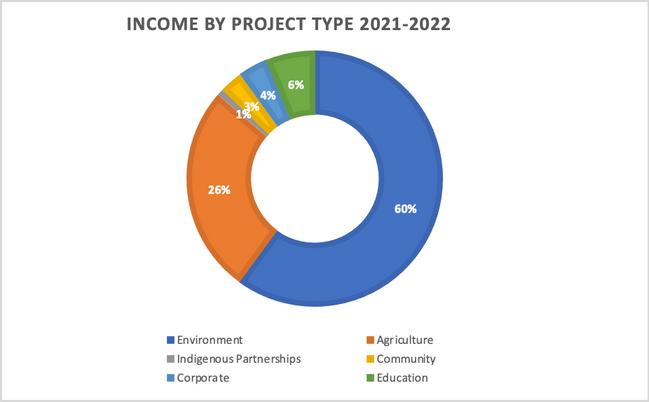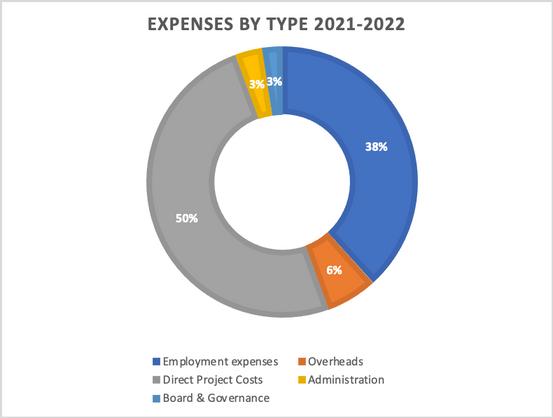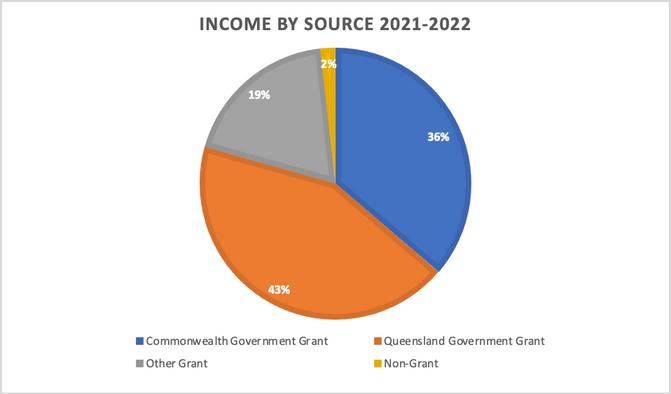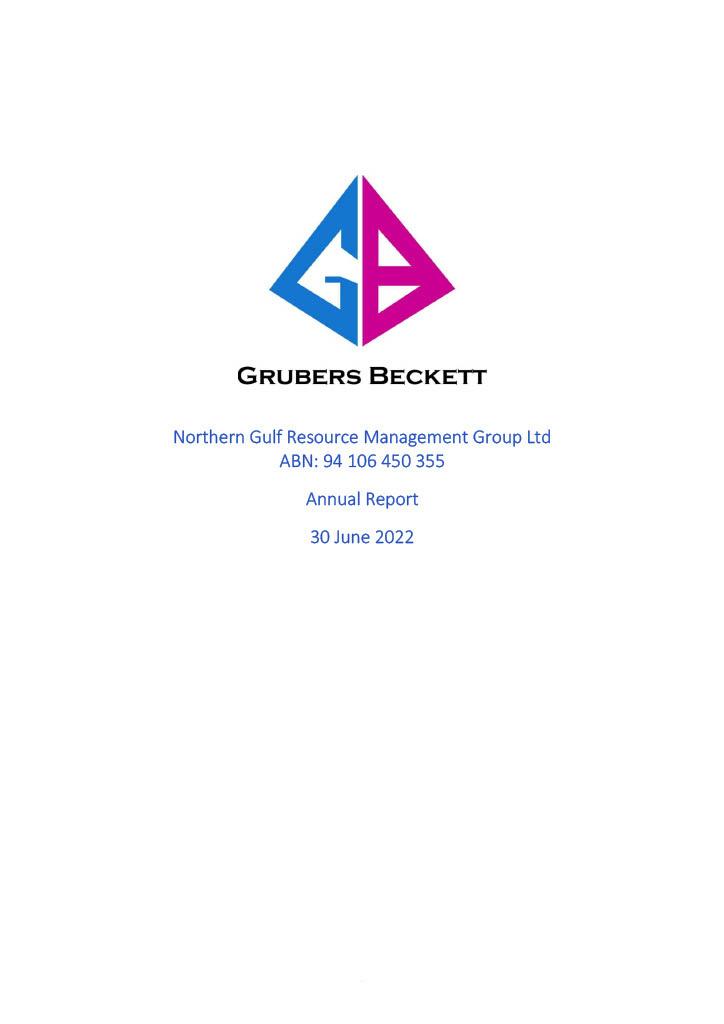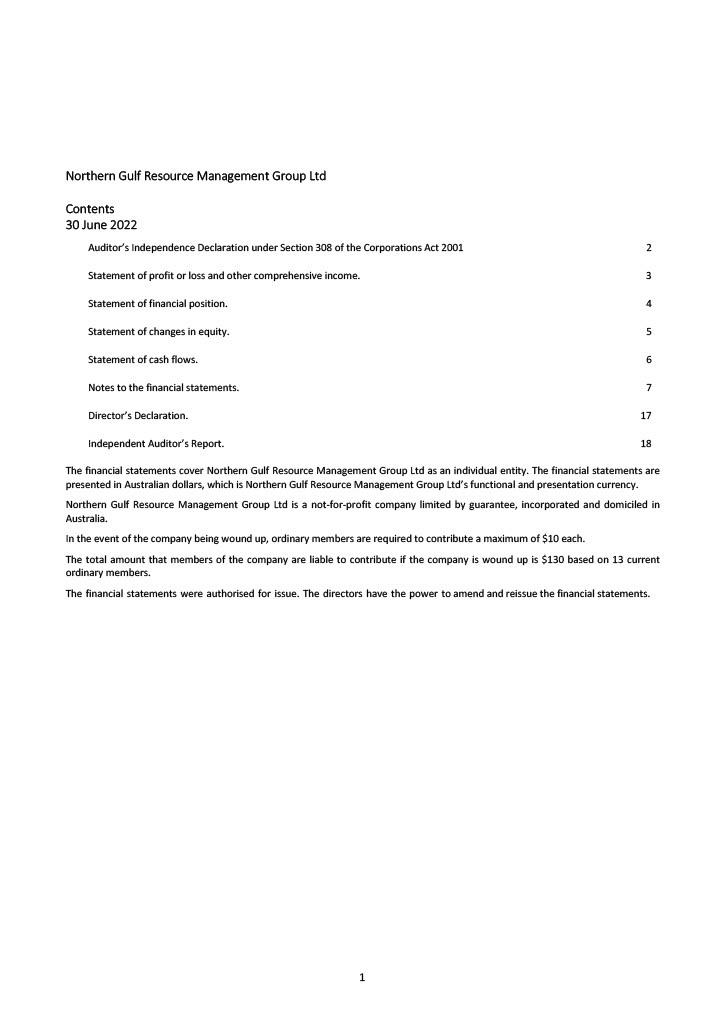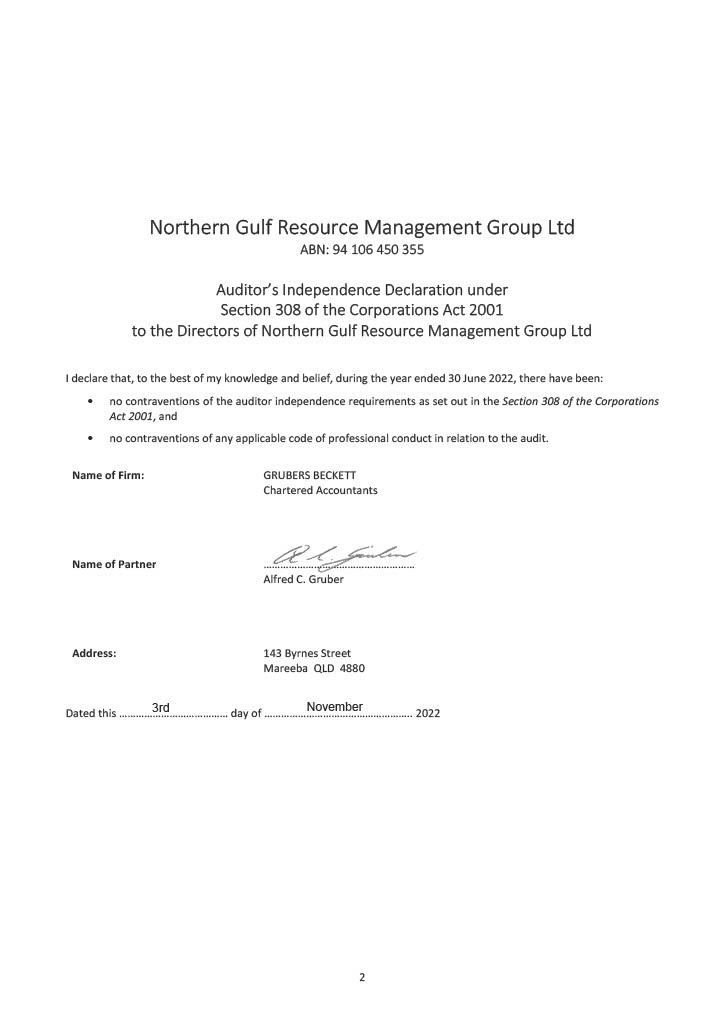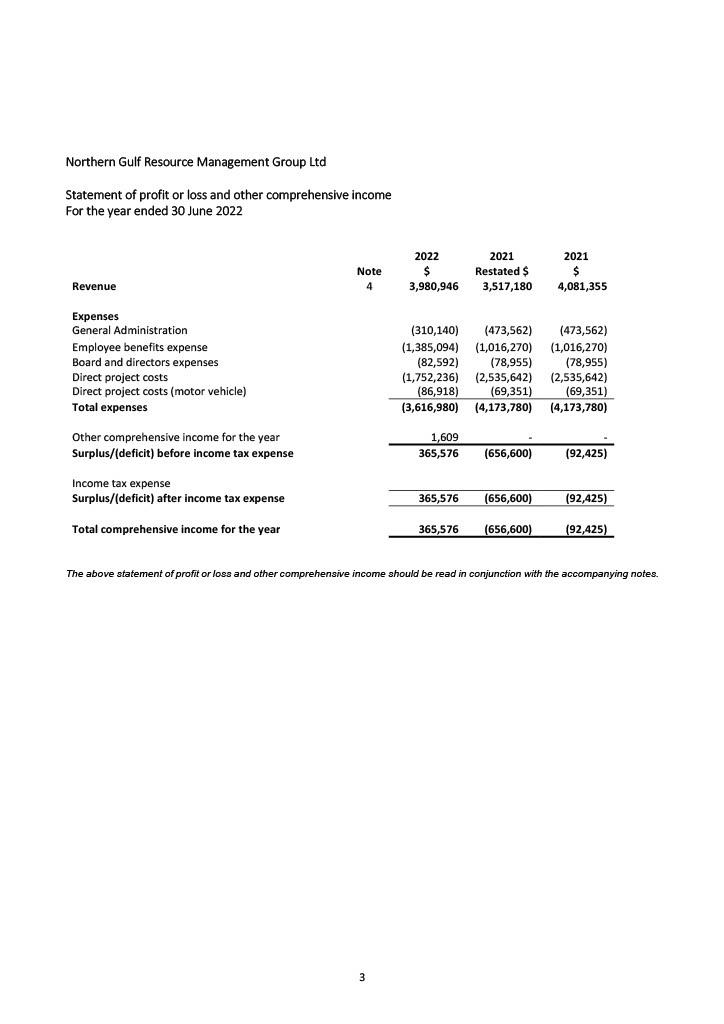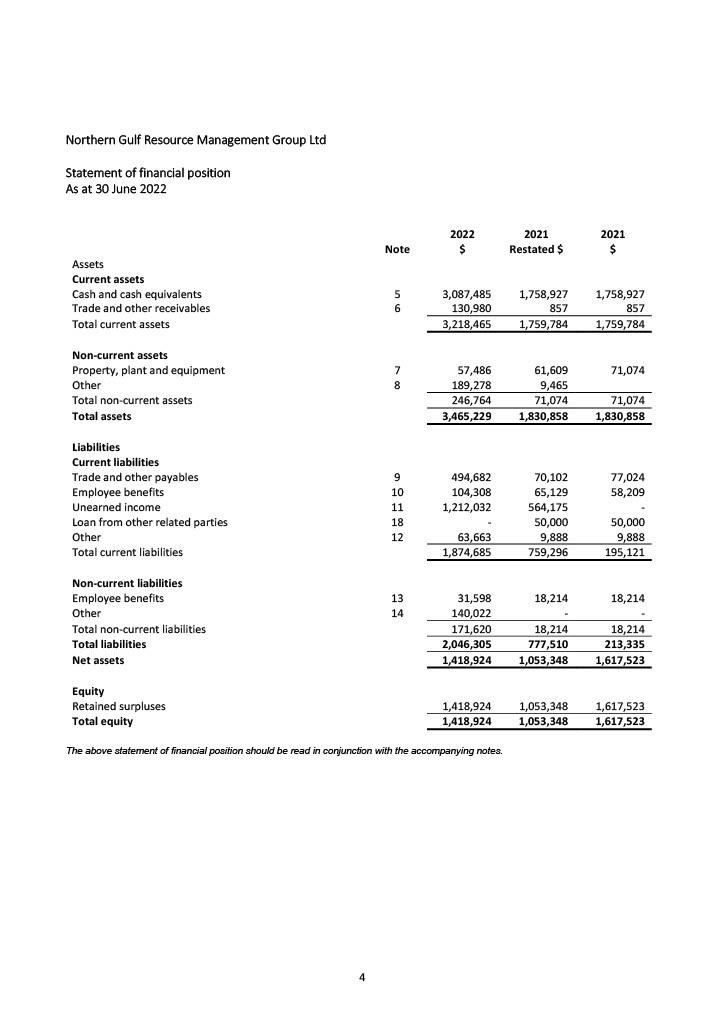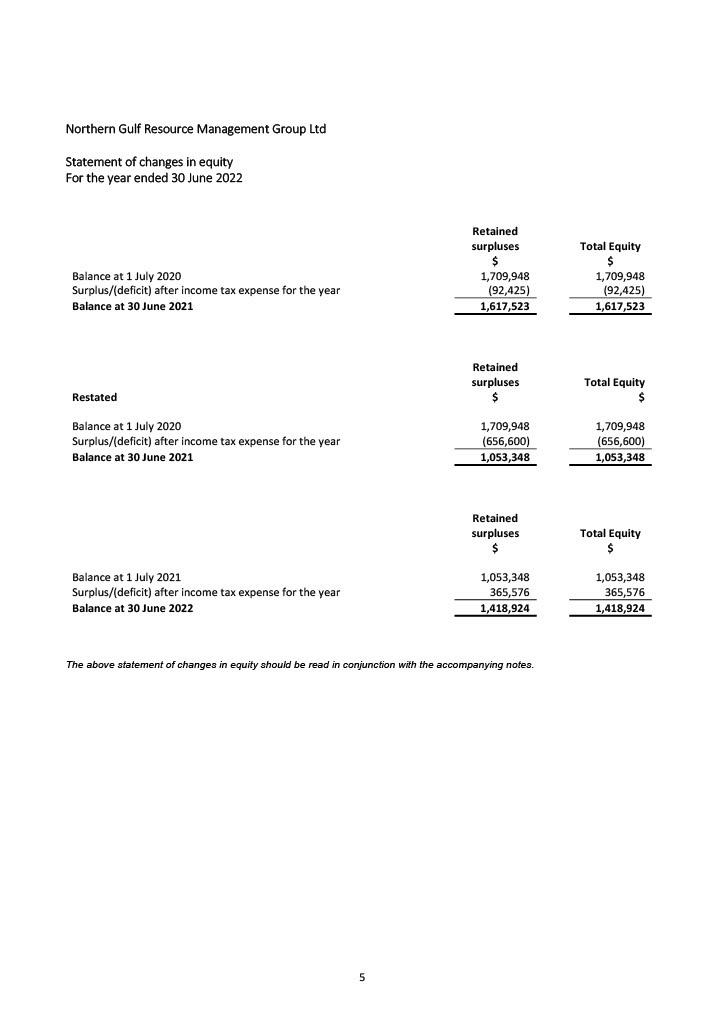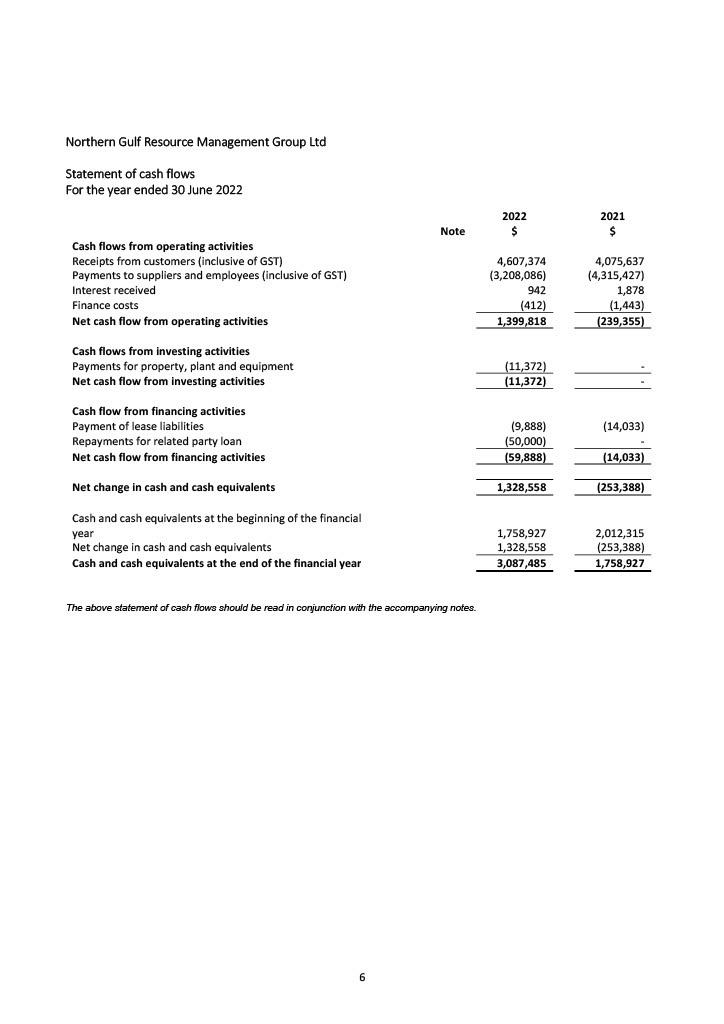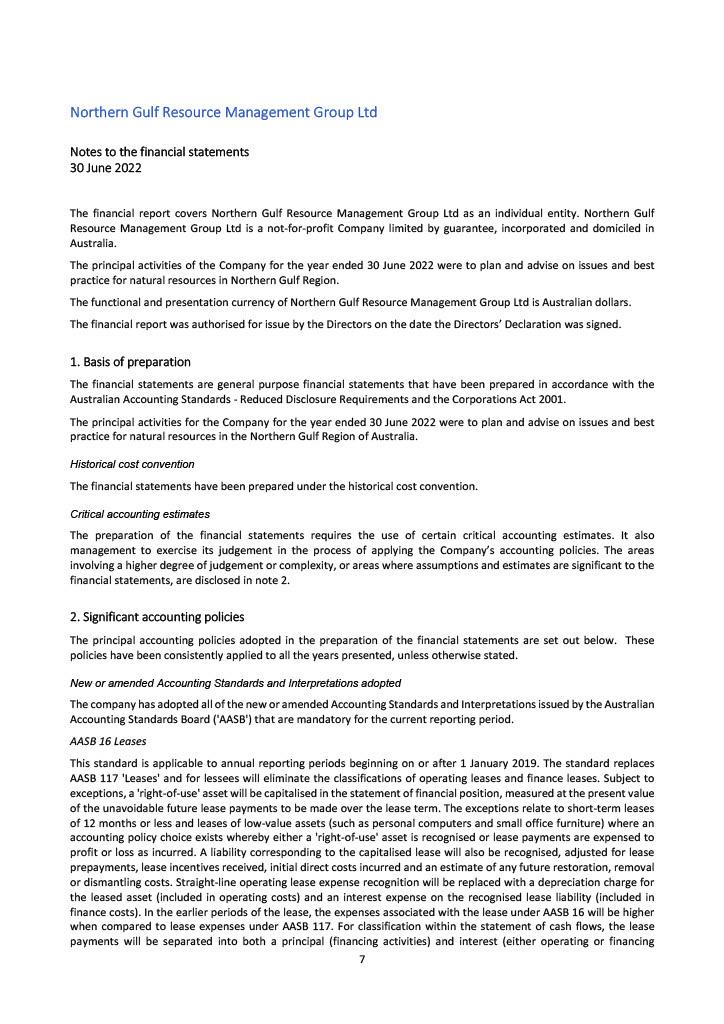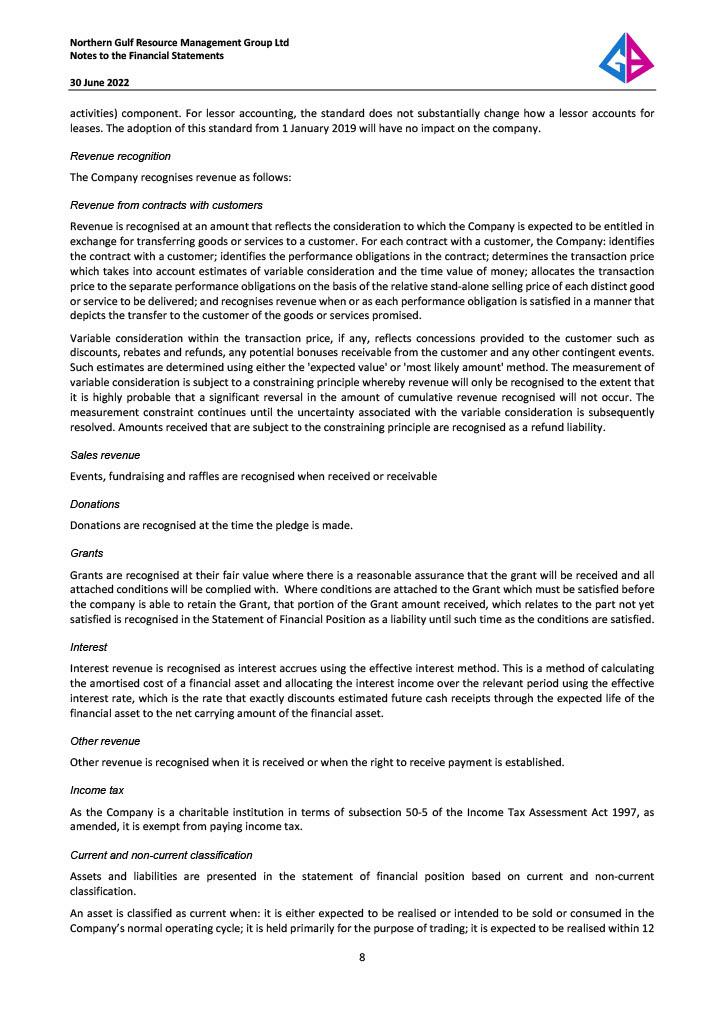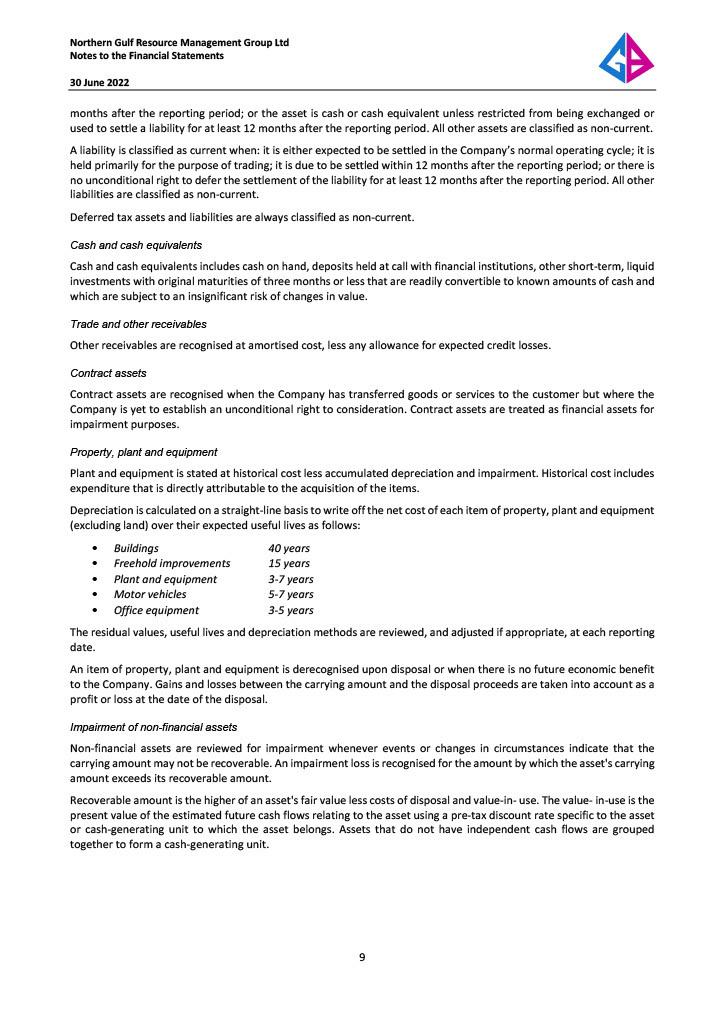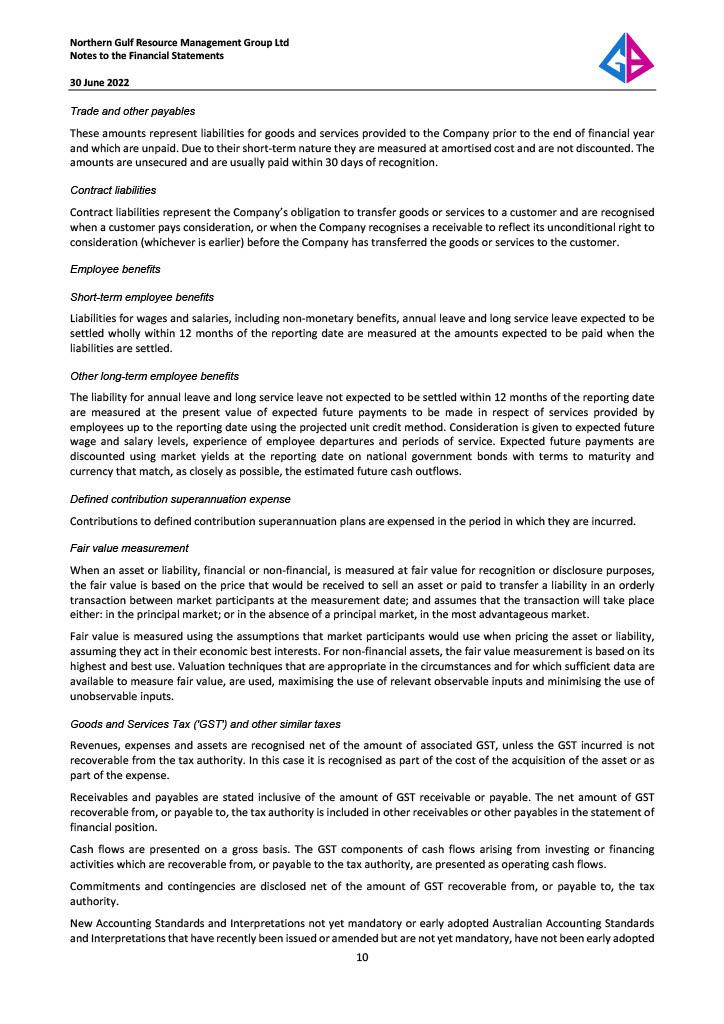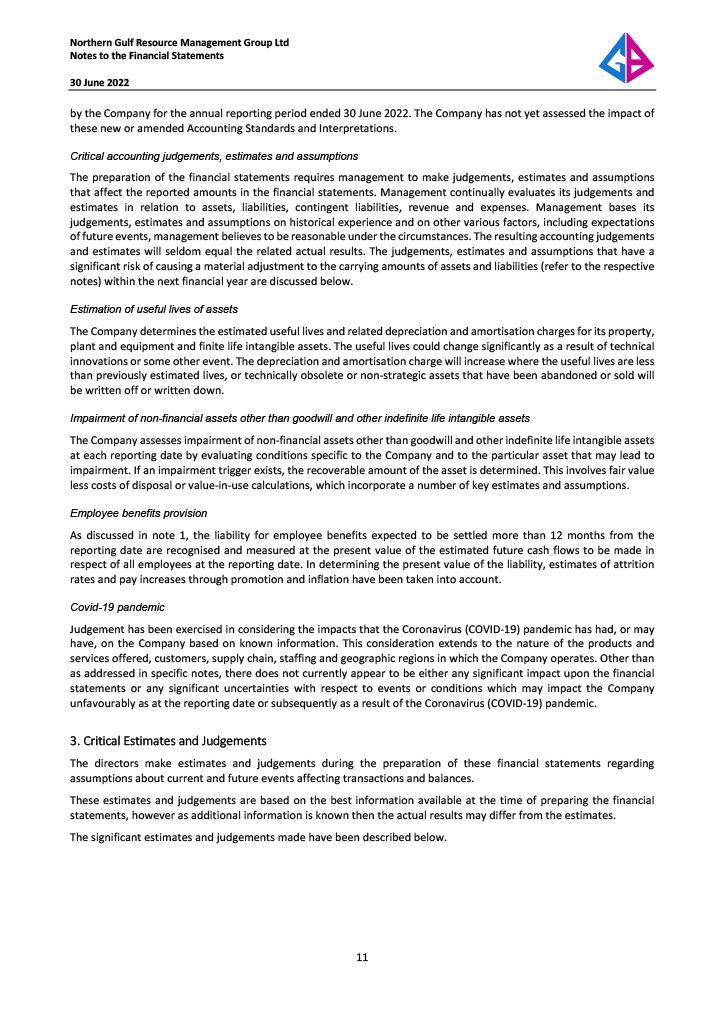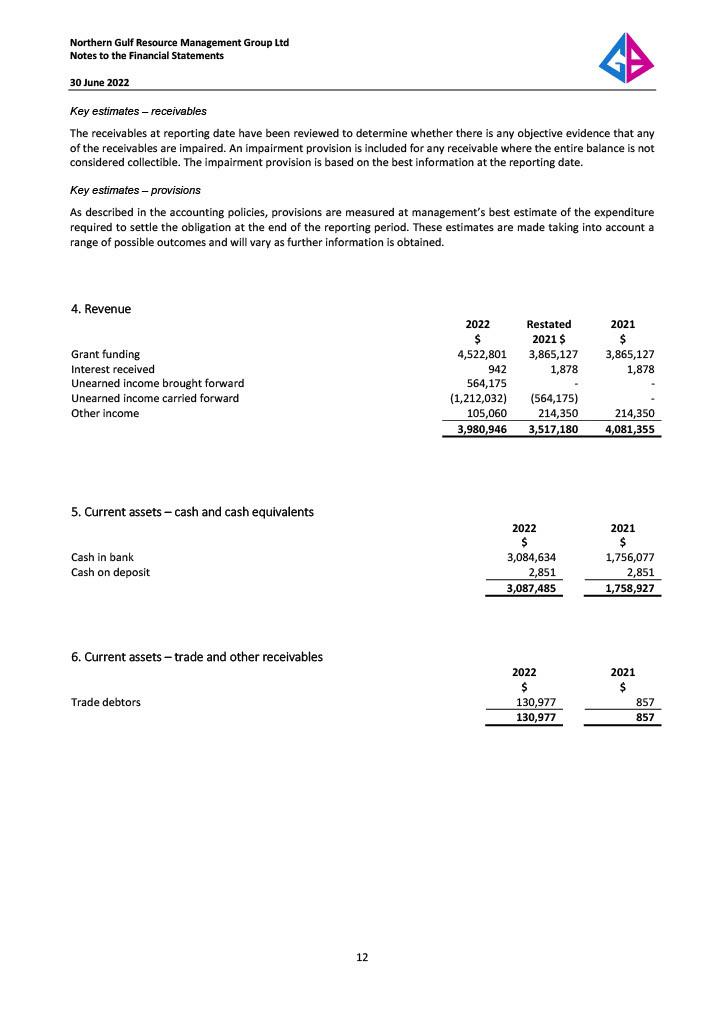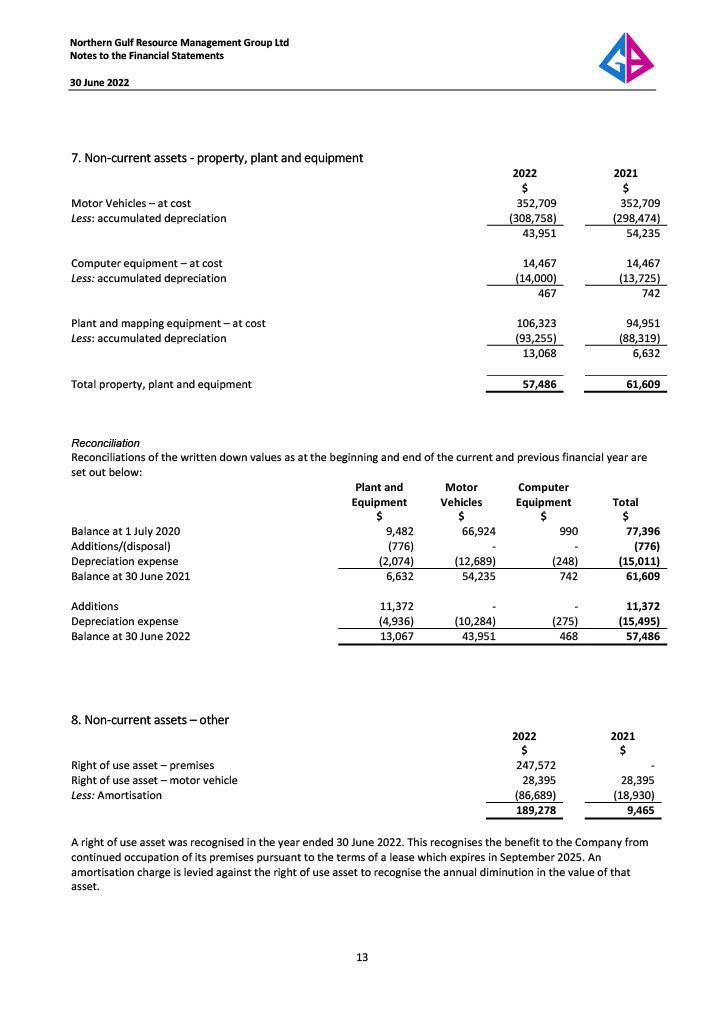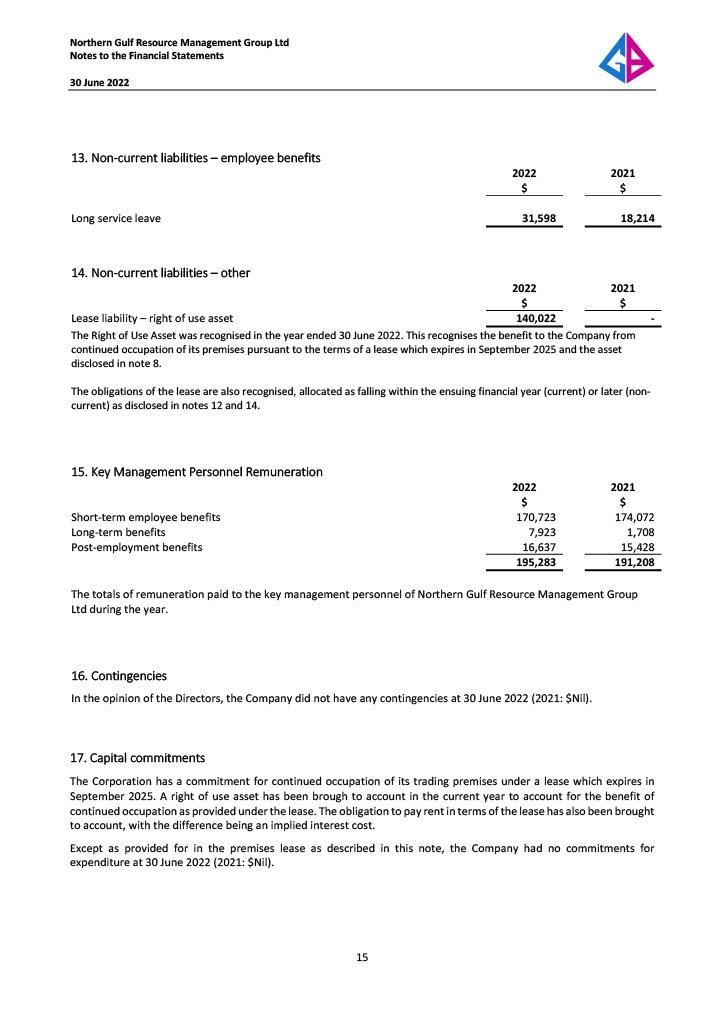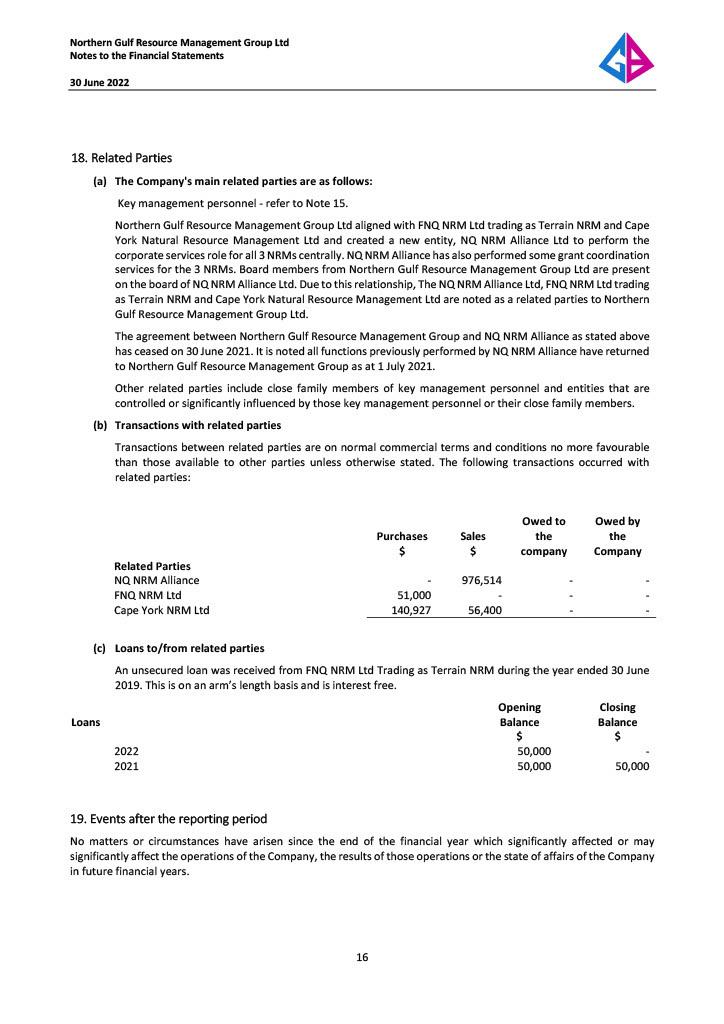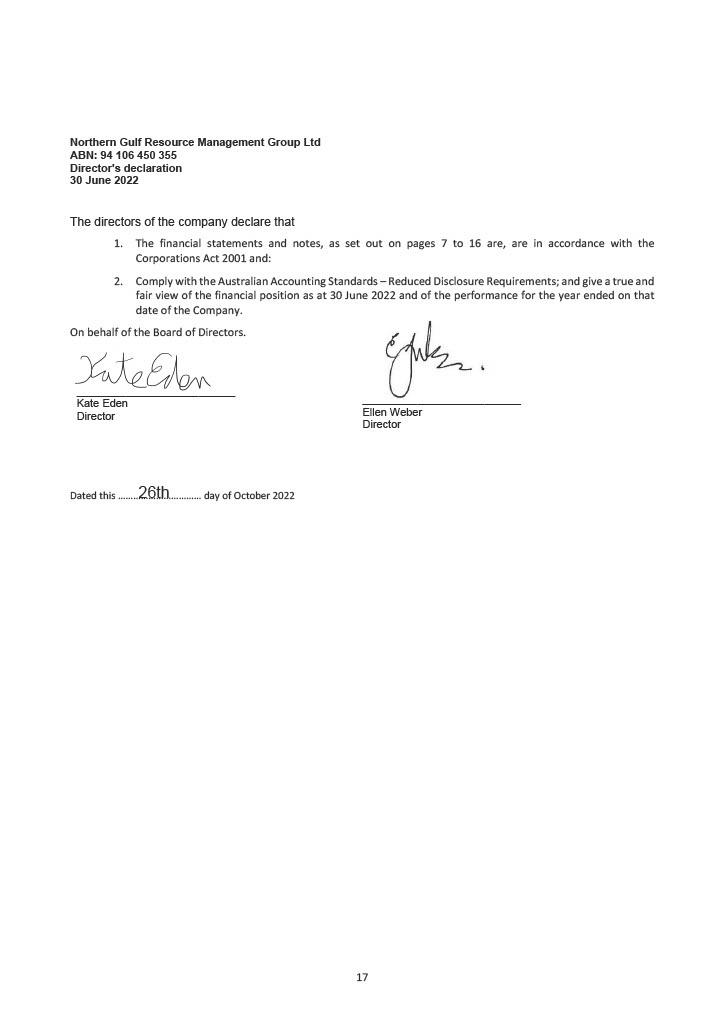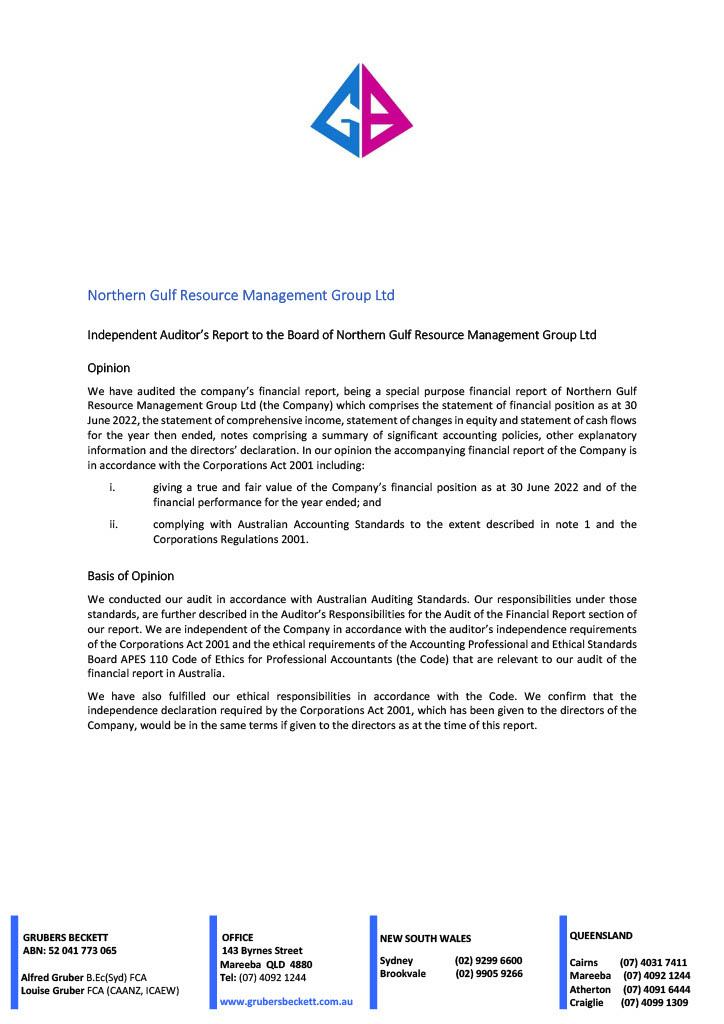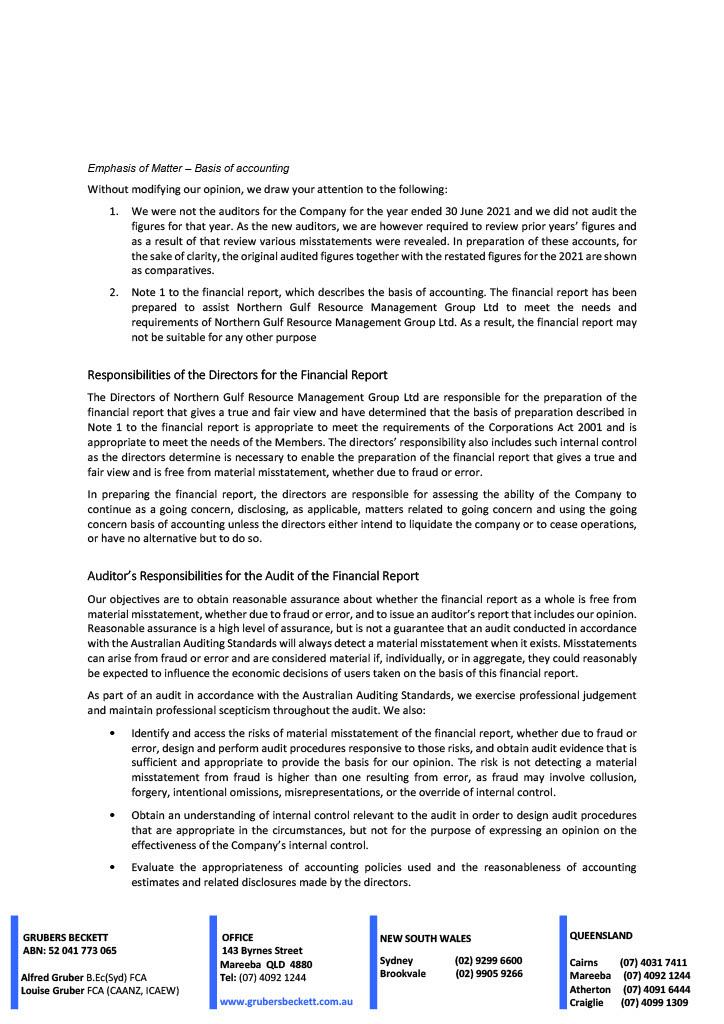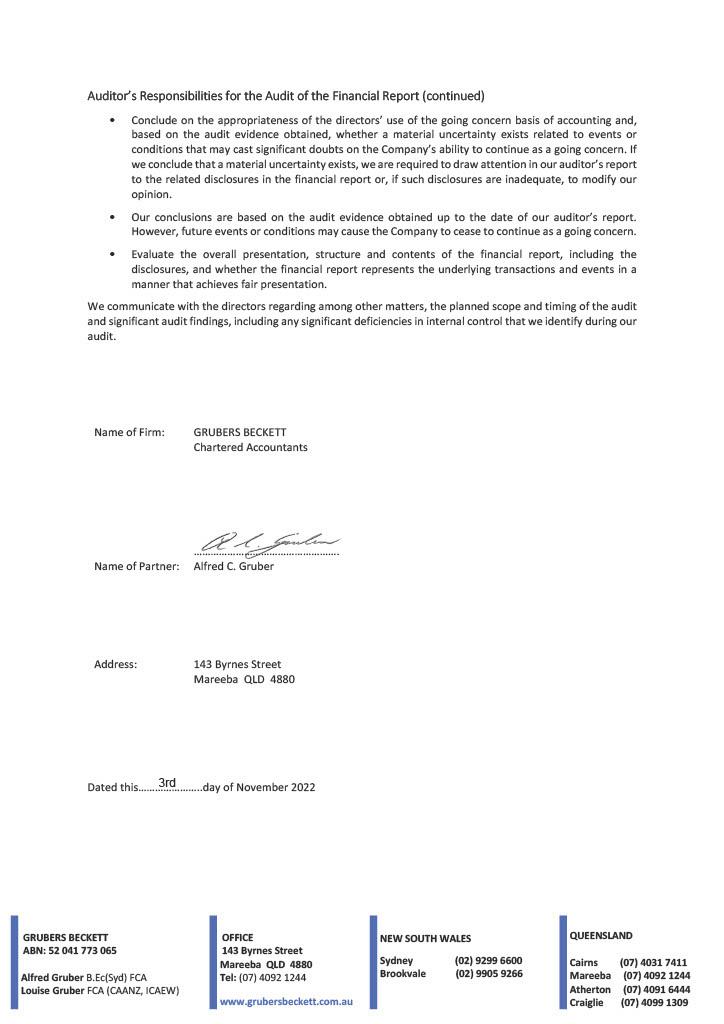ANNUAL 20212022





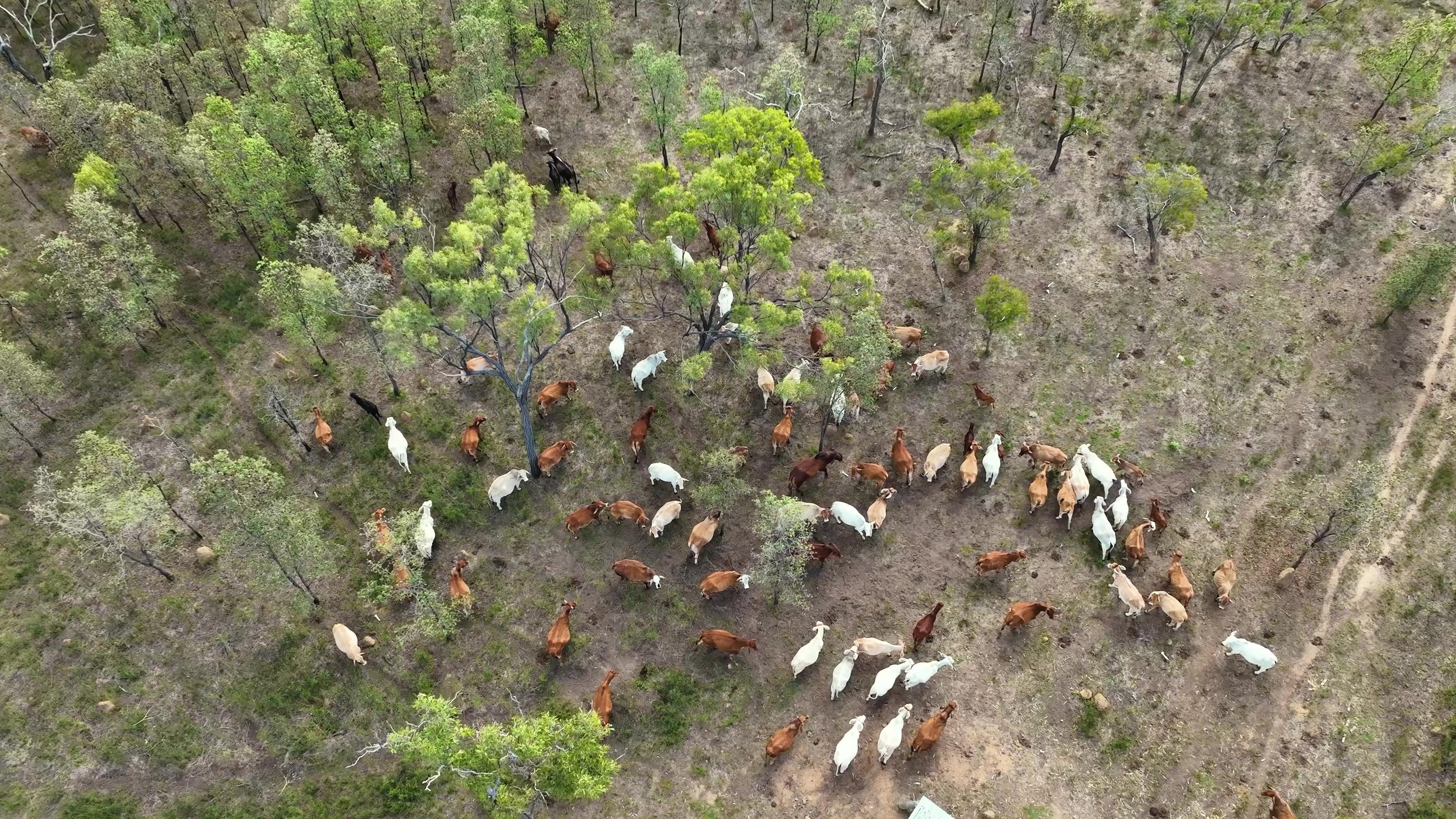
Gulf Savannah NRM is a non profit natural resource management company and a registered charity, working with people and communities to create opportunities for current and future generations Our projects help strengthen communities and industries, cultivating living landscapes to support local livelihoods We balance social, economic, and cultural interests and maintain environmental values and healthy ecosystems.
Our team works from offices in Georgetown, Croydon and Mareeba, connecting science, technology and landcare to improve productivity for farmers and graziers We balance social, economic and cultural interests and maintain environmental values and healthy ecosystems
The Northern Gulf region is home to many languages and tribal groups, including the Bar Barrum, Gugu Djungan, Koko Muluridji and Mbarbaram people of the Mitchell Catchment, the Wakamin, Bungaru Ewamian, Tagalaka and Western Yalanji people of the Grazing Lands, and the Gkuuthaarn, Kukatj, Kurtijar, Koko Berrin, Yir Yoront and Kunjen people of the Gulf Coast and Gulf Plains
We acknowledge the Traditional Custodians of the land within the Northern Gulf region, and pay our respects to their Elders both past and present.
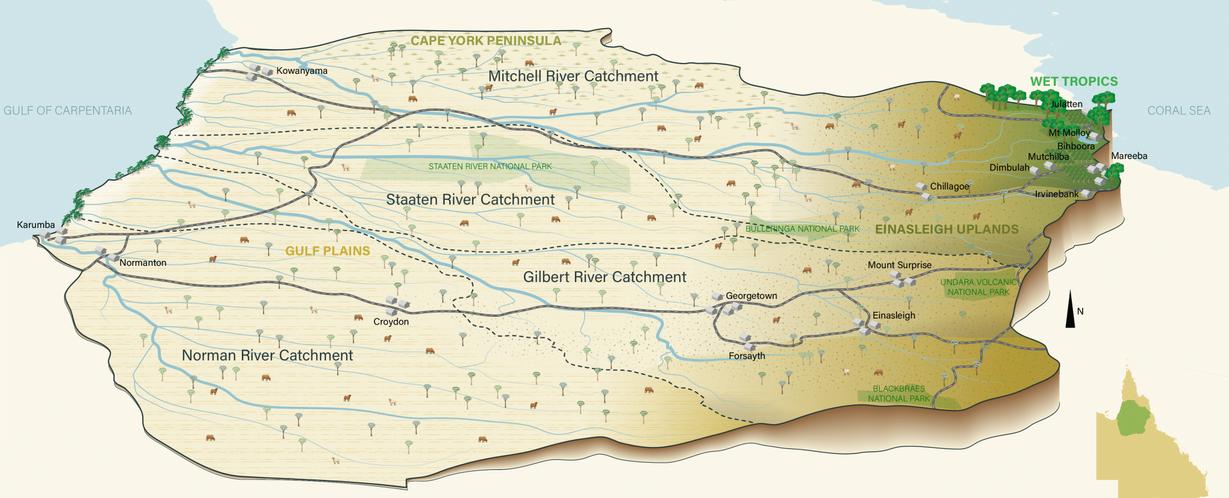
On behalf of the board, I am pleased to present the 2021 2022 annual report highlighting our achievements over the past year
It has been a very busy and productive (dare I say, post COVID) year for the dedicated team at Gulf Savannah NRM. They have delivered on important projects across the region whilst engaging with our community members and stakeholders.
Chief Executive, Zoe Williams is leading the team through a range of new initiatives aimed at increasing collaboration and partnership opportunities; demonstrating value to the community, as representing your interests, remains the core focus of our work.
Gulf Savannah NRM is an important regional community group We work to build community and industry partnerships to leverage investors for funding to be used for the management of the

region’s important and unique natural assets. These collaborations and funding opportunities are also used to build skills and knowledge within our communities I am very pleased that this report provides some exciting updates on some of the important partnerships we have been growing.
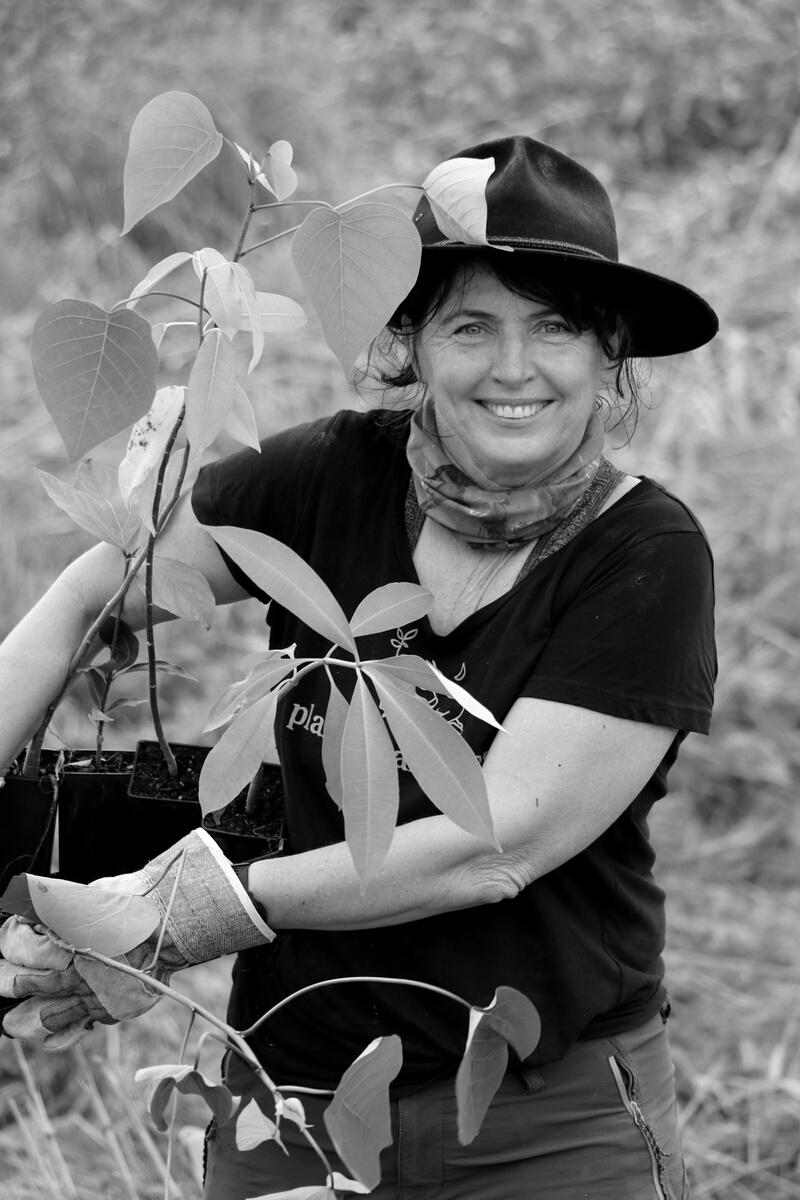
We welcomed Nick Hardy and Bood Hickson to the board in November 2022 and farewelled Kelly Bethel. Thank you to Anne Clarke and Kate Eden for your support. I would like to recognise the efforts of the board and thank the Directors once again for their time and contribution to working with Gulf Savannah NRM Collectively, the skills, experience and strong leadership these people bring to our team are terrific assets for our Board.
Thanks to our Standing Independent Selection panel members, headed up by Russell Boswell from Savannah Guides, in leading the director recruitment processes. Bob Frazer continues in his role as Company Secretary It is impossible to understate the depth of wisdom Bob brings Formerly CEO of Burdekin Dry Tropics NRM and inaugural CEO of
g g role.
We have continued to evolve and grow and re engineer our foundations so that we are able to get on with the important business of delivering on ground natural resource management We can only do this with the collaboration and support of our partners, sponsors, industry, local government, the research community, indigenous organisation and Landcare groups. We extend our thanks and respect to you all for committing to a shared future.
The Board has worked very hard together, to ensure the organisation continues to operate effectively, and considers the risks, challenges and opportunities that will impact or enhance the future of our region. We are owned and directed by the people of the Northern Gulf region. We work for living landscapes that support livelihoods. We would not be here without you.

Our community’s support is an essential element in ensuring the success we have working as an NRM group in the Northern Gulf region. To those of you that have contributed by hosting field days on your property, attending workshops and meetings or helping with project planning and delivery, we express our sincere gratitude. I look forward to working with you to deliver better natural resource management across our region
WeberThis year, as part of our Corporate Plan, Gulf Savannah NRM developed a Sustainability Strategy and Action Plan which was endorsed by the Board. The Sustainability Strategy is part of making sure we “walk the talk” and embed sustainability at the heart of our operations. We have embraced the international standards of the 17 United Nations Sustainable Development Goals as the basis for our Sustainability Strategy and Action Plan Like most businesses, we still have a long way to go to make our organisation truly sustainable, but we are committed to ensuring our operations contribute to sustainable development for our local communities, and the global community we are all part of in today’s interconnected world The following page features some of our sustainability highlights
EllenWe’ve focused on creating affordable training and community building opportunities for our region Of the 44 community events held during the year, 95% were free of charge The remaining events all had registration fees of $25 or less
We supported school gardens and healthy eating programs at 11 schools through the Remote Food Gardens program
Women in Georgetown, Normanton and Mareeba were supported to take on leadership roles in their communities with free training through our Rural Women's Leadership program.
We took Gulf Kids Day on the road to Georgetown, Biboohra and Mutchilba schools
Our Drop in the Bucket project supports citizen scientists and school students to monitor the quality of their local waterways with low tech water monitoring kits
We've been working with residents of Croydon on a Food Security Strategy to improve their access to affordable fresh food Free workshops on food gardening, aquaponics, bee keeping and preserving techniques were delivered throughout the year.
Our new education trailer is powered by rooftop solar panels
We supported R&D projects delivered by Department of Agriculture and Fisheries, Australian National University, University of Queensland, and James Cook University to build more sustainable, diversified industries in our region
We continued our support for the Tagalaka Aboriginal Corporation to deliver the Tagalaka Ranger program
Two trainees completed traineeships with Gulf Savannah NRM through the Skilling Queenslanders for Work program in 2021 22, with two more trainees starting in September 2022.
We supported stronger community resilience and governance in three Gulf communities through our Get On Board program
Our Sustainable Saturday workshop series provided the community with an opportunity to learn about and discuss climate change impacts, and learn new skills for low carbon living
Our Gulf Rivers Riparian Improvement program supported graziers to take action to improve the health of waterways by managing weeds and controlling grazing pressures on waterways.
Our Litter Quitter project is helping communities transition away from single use plastics and embrace reusable alternatives.
We provided governance training to 19 community members through our Get on Board project, lifting local institutional capacity in the region.
We are committed to the SDGs and we’ll be providing reports, like this one, to keep us accountable for our progress.
We're tracking the biodiversity values of grazing lands with our Resilient Landscapes project
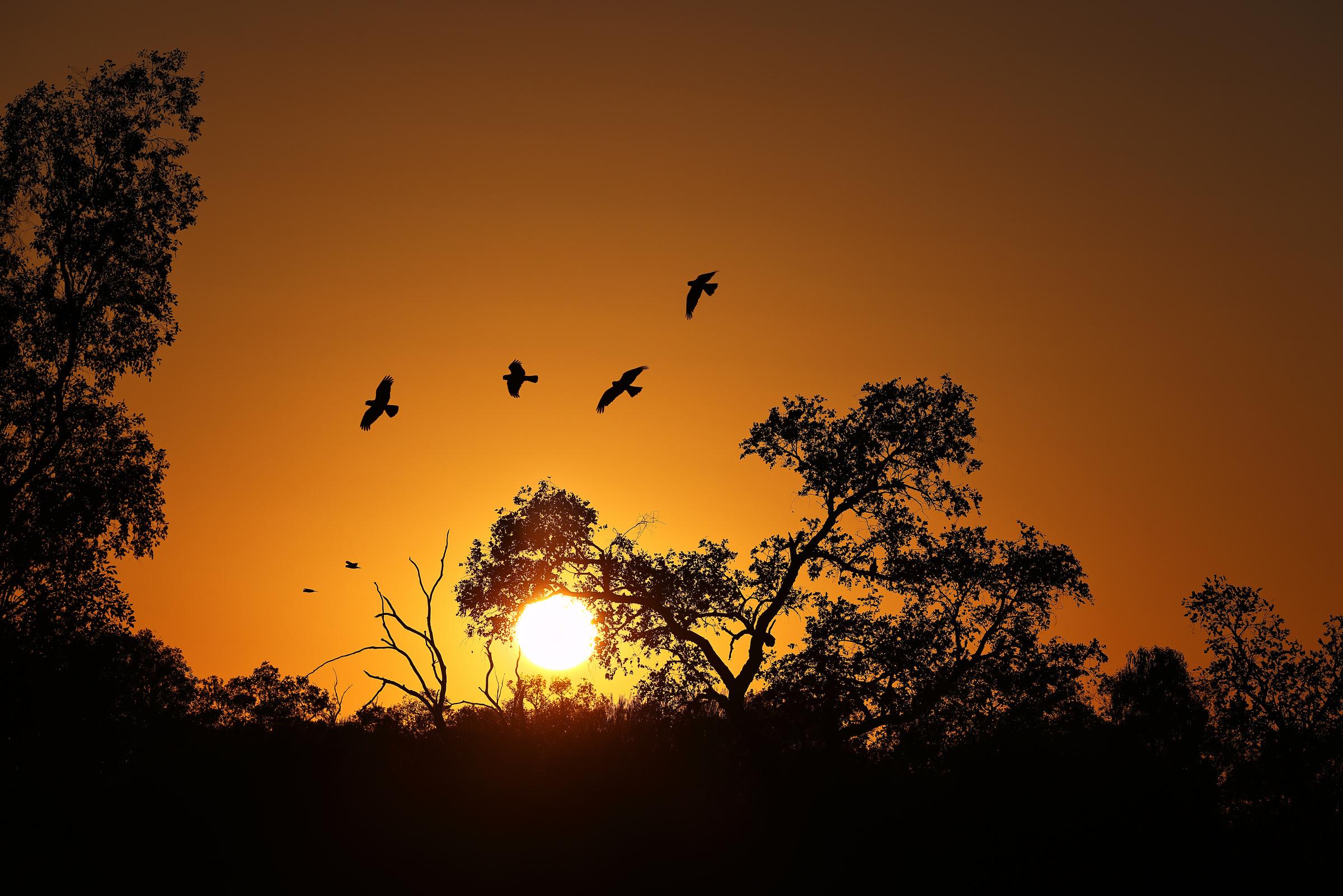
Emma Jackson, who stood down in December to focus her energies on establishing NRM Regions Australia as a legal entity and not for profit organisation. The Alliance RLP Coordinator, Clancy Hearps resigned to embark on the most rewarding job in the world being a parent. We wish both Emma and Clancy all the best for the future. The Alliance also welcomed Kym Lesinski as our Executive Officer in January 2022. The decision to invest in a full time EO reflects the Board’s commitment to being a collective voice to influence the strategic direction of NRM across Far North Queensland. Thank you, Kym, for your terrific work in steering the Alliance through this phase Finally, as the recently appointed Gulf Savannah NRM Delegate following on from Anne Clarke’s good work, Nick Hardy has been able to gain an insight into the role and opportunities presented by the Alliance
Our Board recognises and understand that we have a big year ahead, particularly with the current round of the RLP program concluding in June 2023 It is important that we have strong and strategic leadership, clear and efficient communication and flexible governance structures that will allow us to adapt to new challenges. The Alliance, combining the strengths of the three entities, is an effective advocate for both the wider region and the unique needs of the Northern Gulf
Here's to strong NRM outcomes for our communities and livelihoods in 2022 2023.
Ellen Weber Interim Chair, NQ NRM Alliance Nick Hardy Gulf Savannah NRM Delegate, NQ NRM Allianceg pp p chairing the Northern Gulf Public Fund Management committee; a fund that can be used for projects with broad environmental objectives.
Nick Hardy

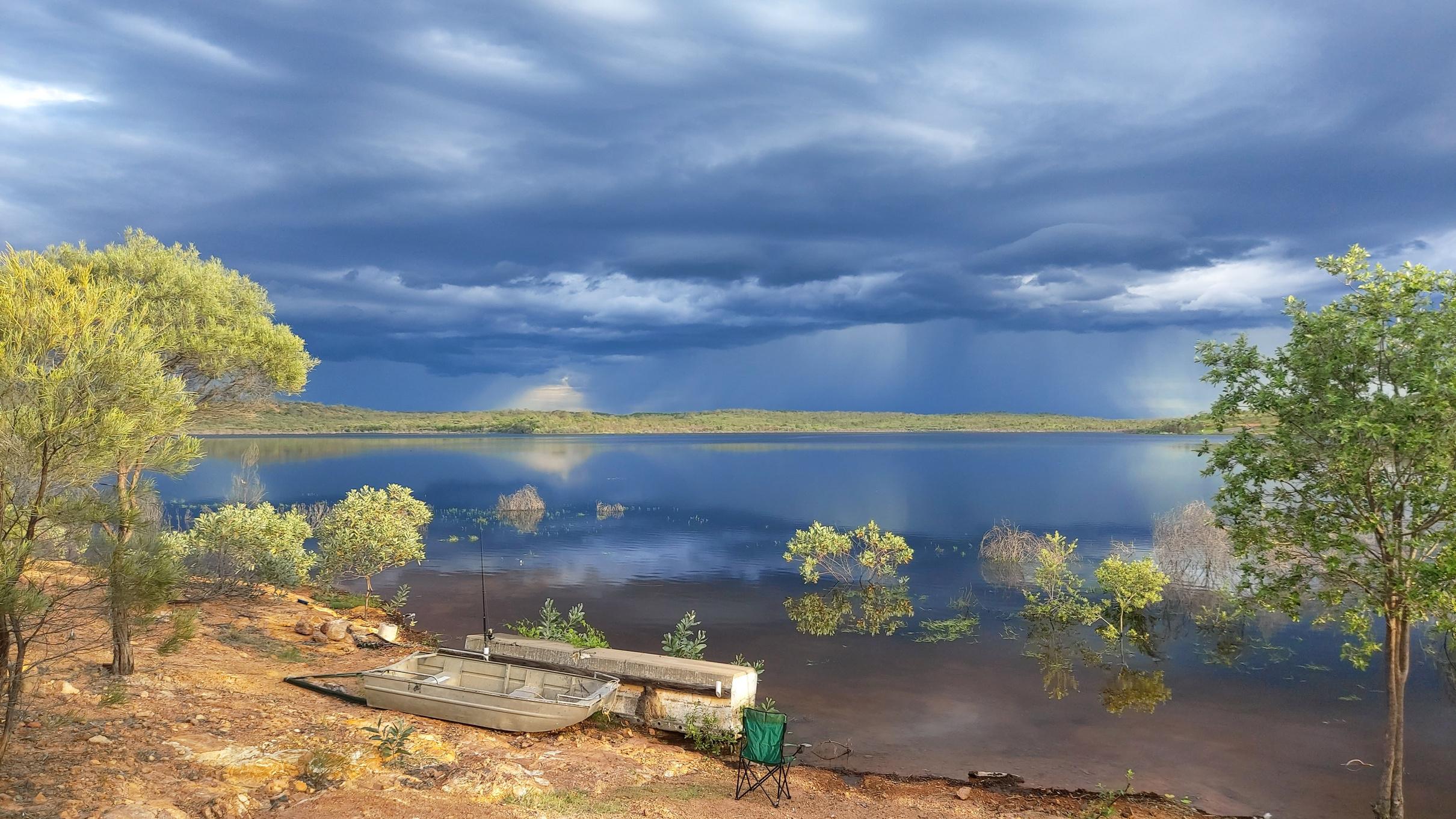
I was appointed as a Gulf Savannah NRM Director in November 2021 Drawing on my experience as a Cairns based Town Planner working throughout Far North Queensland and the Northern Gulf, I have been able to provide input on the operational review of the organisation, the development of the new NRM Plan and strategic directions for land use considerations As the recently appointed Gulf Savannah NRM delegate to the NQ NRM Alliance, my role is to represent the interests of the Gulf community.
My role as a Director has been both professionally and personally rewarding, with a highlight being able to attend part of the Regional Land Partnerships regional tour. The enthusiasm, innovation and “get on with it” spirit shown by the farmers we visited truly represents the qualities of the Gulf community
The commitment demonstrated by Zoe and her team in delivering a range of projects and education programs within the region is outstanding. I look forward to working with my fellow Directors to respond to the upcoming challenges and opportunities facing the organisation and the Gulf community
Bood grew up in the Gulf Country and has a long history of involvement with Landcare Groups and natural resource management initiatives including vegetation management planning, water allocation management plans, forest practice, holistic resource management, carbon farming and regenerative agriculture. Bood served as a Director on the Gulf Savannah NRM Board from November 2021 to August 2022

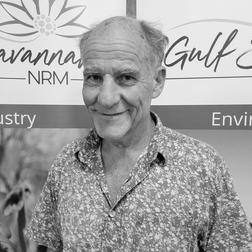

It was a challenging year for the NRM sector, our communities and Gulf Savannah NRM. As interstate travel resumed and COVID 19 measures were lifted, the pandemic hit hard in North Queensland Add to that some wild weather, a change of federal government, global instability and supply chain constraints (with rapidly increasing costs for goods and services), and it certainly made for a complex operating environment
I am pleased to say we ' ve weathered the storm well and continued to grow over the past year. Our success in seeking funding for new programs has continued and despite a widely publicised labour shortage, we have attracted skilled staff to deliver these projects.
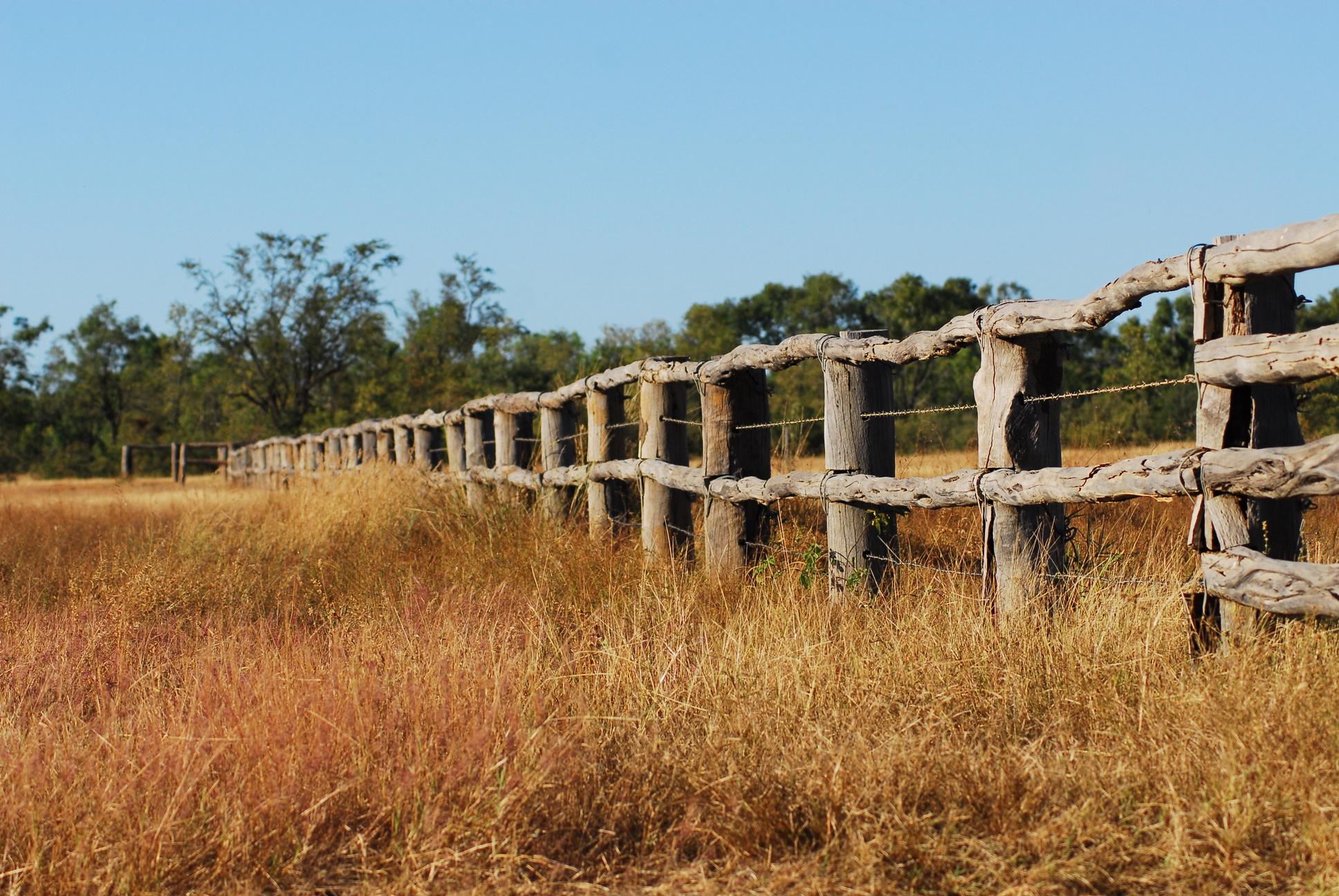
As part of our commitment to continuous improvement, we undertook a significant independent, external review in November 2021, based on the Performance Excellence Guide for NRM Organisations standards. Interviews were conducted with staff, board members and stakeholders, and the reviewers examined the organisation's policies, procedures and processes. I’d like to thank all those interviewed for their time and their candour While there is always room for improvement, the results of the review were generally very positive The review found that Gulf Savannah NRM “is producing results, particularly in the areas of staff satisfaction, community and stakeholder satisfaction, driving innovation, community and Indigenous capacity building and development of strategic partnerships” and has demonstrably “gained a fair degree of financial security and organisational capacity through significant increases in the level of funding ”
Following this review, directors and staff attended a series of workshops to develop an Organisational Performance Logic Model and Evaluation Framework This framework will allow us to track our performance, identifying areas for improvement and ensuring we continue to strive to do better as an organisation in the areas that matter most.
It is vital we keep striving to improve both how we do things and the NRM outcomes we achieve. With growing uncertainty and an increasingly competitive funding environment, we need to be able to demonstrate that we deliver strong results and have sound processes in place. The year ahead will be one of particular challenges as we come to the end of our primary funding programs; however, with strong organisational capacity, solid partnerships and the support of our communities we are well placed to tackle these challenges.
CEO Zoe Williams, Gulf Savannah NRM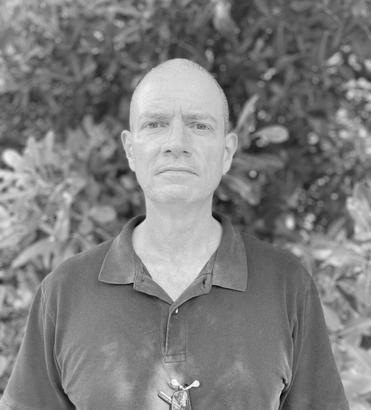

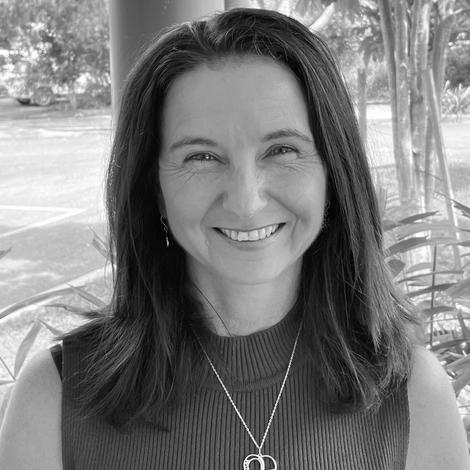
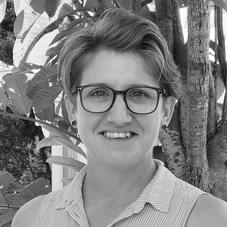
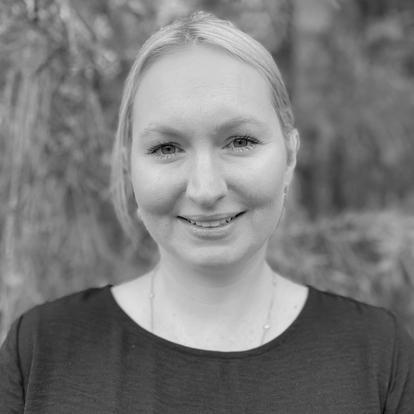
This year we finalised the transition of our corporate services back in house after several years of using Corporate Nature to manage our administration, finance IT and HR functions.
Improving our internal systems has been a significant focus for the Corporate Services Team this year We have successfully transferred our finance systems to a modern platform, reducing double handling and virtually eliminating the need for printing invoices and receipts. We have implemented a new document management system, simplifying filing and streamlining the process for staff to share and co author documents. Our WH&S system was overhauled to bring our processes into line with our new WH&S policy manual, and we are progressively reviewing and updating all our corporate policies and procedures
A highlight for 2021 22 was the recruitment of our first two Work Skills trainees. Many years ago Northern Gulf, as we were then known, ran a highly regarded traineeship program, offering entry level positions and nationally recognised qualifications to young people in the region Feedback from our stakeholders was that they valued this program and wanted to see it return, so we have partnered with the Queensland Government to once again offer traineeships
Kimberly Fox and Victor Piccone were our inaugural trainees Both brought a lot of enthusiasm to their roles, successfully completing a Certificate I and learning new skills while supporting our team and project staff Victor and Kim have both completed their traineeships and moved on now, but it has been great to welcome Jacob Sturgess Price and Taylor Blackwell as the next trainee intake.
Finally, a big thank you to the whole Corporate Services Team who have tackled the year with patience, perseverance and good humour as we managed the transition to new systems which will serve Gulf Savannah NRM well into the future.

The Agriculture team has been very busy, delivering eleven projects this past year. One highlight has been the completion of two long standing projects: E Beef and the Gulf Rivers Riparian Improvement program These projects have born great results in evaluating technology for the grazing community and improving natural resource management practices in the Northern Gulf
We also finalised the De-risking Broadacre Cropping Options for Northern Queensland project, delivered in partnership with University of Queensland Results from this project will assist producers considering planting broadacre crops (such as cotton, mung bean and sorghum) with varietal selection and agronomy advice tailored to our local conditions A key finding of the trials was the need to increase rainfall infiltration by improving soil condition. Maintaining ground cover, including deep rooted legumes, proved vital to the success of trial plots.
The first round of the Climate Mates program came to an end in May 2022. Fortunately, the program has been extended, allowing the ongoing provision of local climate forecasting and training in climate tools We are pleased to be able to work with University of Southern Queensland on this program and excited to see where it goes over the next four years.
The Grazing Futures project has continued to support extensive grazing businesses become more resilient and adapt to climate risk. In partnership with Queensland Department of Agriculture and Fisheries (DAF), we delivered numerous workshops in 2021 22 and
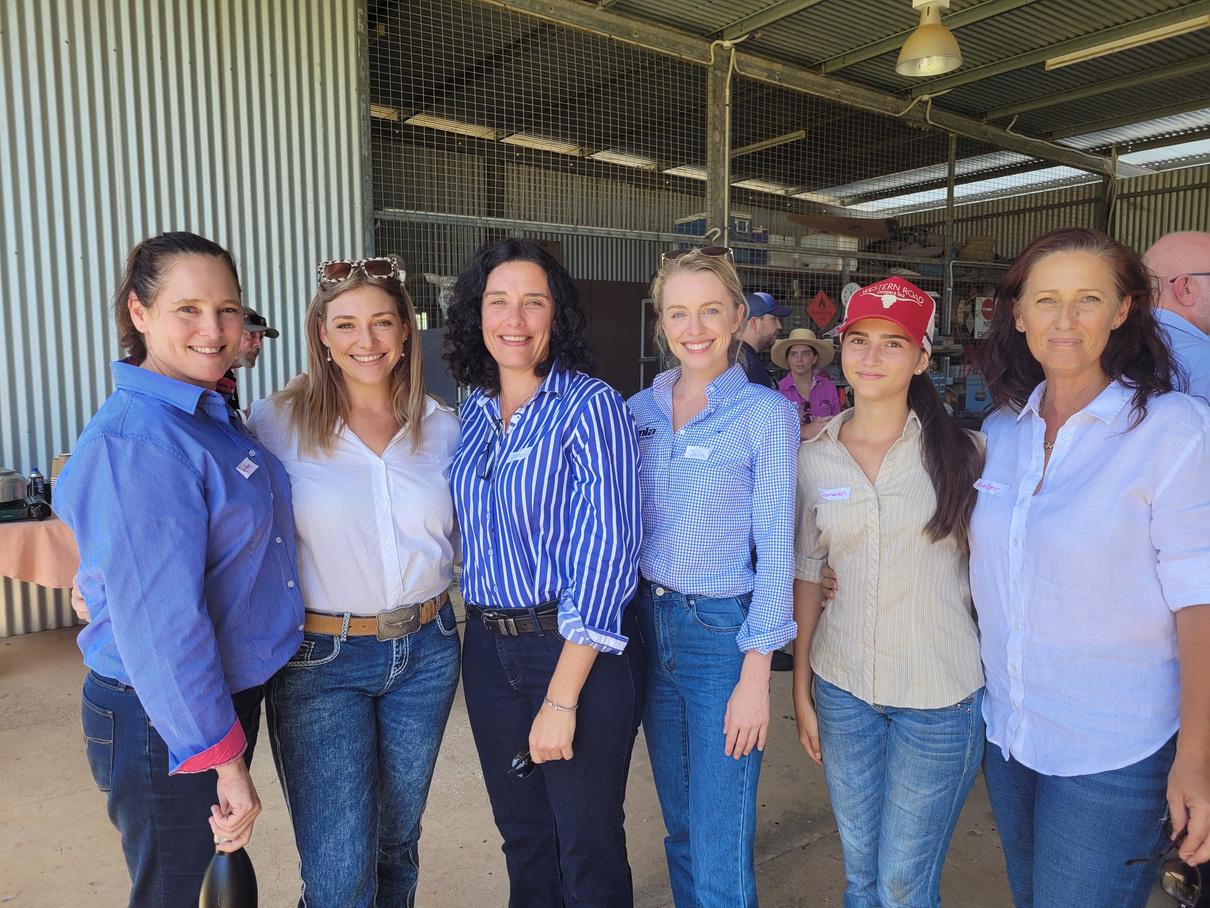

established several wet season spelling demonstration sites throughout the region. The future of this project will see us partner with DAF and the Rural Financial Counselling Service to support business resilience planning for livestock businesses.
We have also been delivering three projects supporting intensive farming properties in the Mareeba Dimbulah irrigation area, all funded by the Department of Agriculture, Fisheries and Forestry (DAFF) Through the Healthy Farming Futures and Healthy Farming Soils projects we ' re providing soil testing, establishing demonstration sites, and delivering workshops and advice to support farmers to improve their soil health, reduce input costs and increase soil carbon As part of the Powerful Pollinators project we have delivered beekeeping workshops, integrated pest management workshops and supported producers to plant pollinator habitat on farm Through these projects we now have a roller crimper and a
multispecies planter available for farmers to borrow, allowing producers to trial new techniques such as multispecies cover crops without the capital expense of purchasing new implements
A new soil extension project, funded by DAFF as part of the rollout of the National Soils Strategy, is targeting the extensive grazing industry, promoting practical management actions which the grazier can implement to build soil health, improve pasture production, land condition and sustainability.


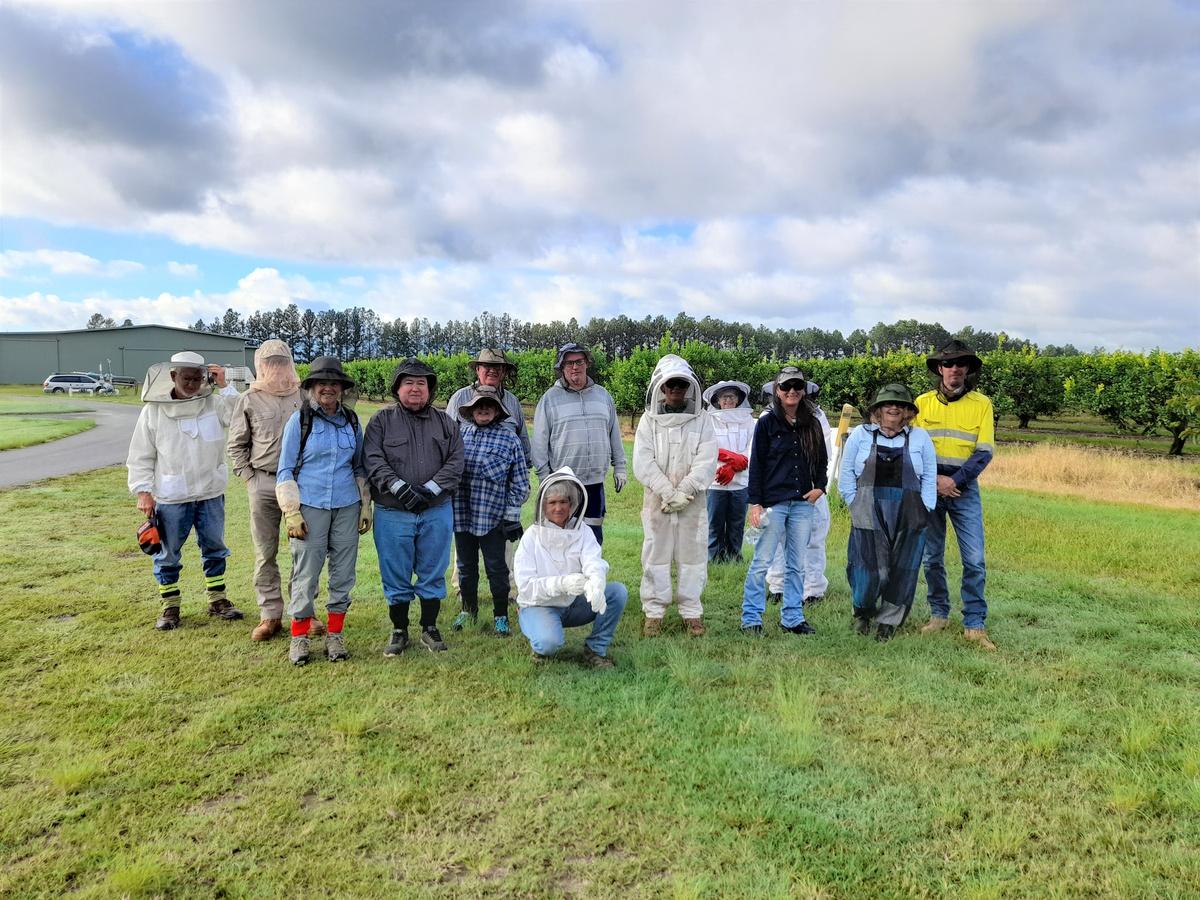
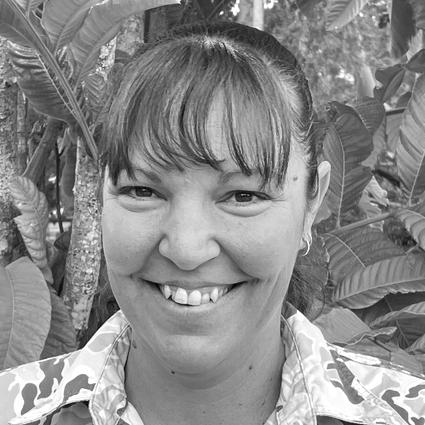
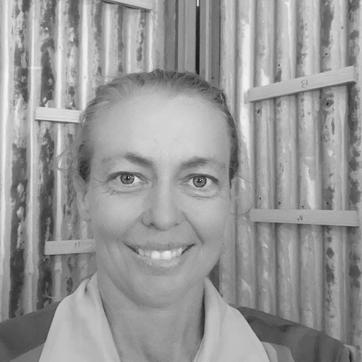

The Regional Agricultural Landcare Facilitator (RALF) position continues to support our land managers, industry and community to adopt new and innovative sustainable agriculture practices. We farewelled our RALF Dan Wingett in June 2022, and welcome Leah Nugent to the role.
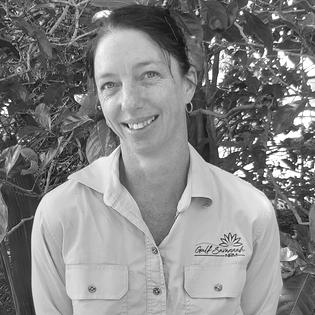
The Community Partnerships team has had a very busy year, with many staff changes and multiple smaller projects running simultan eously Kathy Rowling and Vickie Mylrea moved on from the team, the former to develop her own agricultural business and the latter to coordinate a fire project in the Environment team, while we also said farewell to Richard Dinnen (interim Communications Officer) and Chelsea Smith (Community Partnerships Support Officer). We were joined this year by Amelia Benefield as our new Comms Officer, Wayne Young as NRM Planner and Natarsha Bell as Indigenous Engagement Officer Thanks also go to casual project officers Jackie McLeod, Caroline Steele and Jacy Hughes who stepped in to run small projects over parts of this year.
proposal for a larger, multi year fire coordination and education program, which will run until 2024 and build on relationships with stakeholders and communities to support the region to adapt and prepare to climate driven bushfire risk.
Our Litter Quitter project, funded by Queensland Government, helped prepare local communities and businesses for Queensland's phase out of single use plastics. We travelled across the Northern Gulf with plastic waste expert Di Creasey to chat about the best ways to reduce and manage plastic waste in remote communities.
This year we delivered our Living with Fire in Mareeba Shire project, talking with communities about fire risk and coordination in their local areas. This project jointly funded by the Australian Government and Queensland Government lead to a successful funding
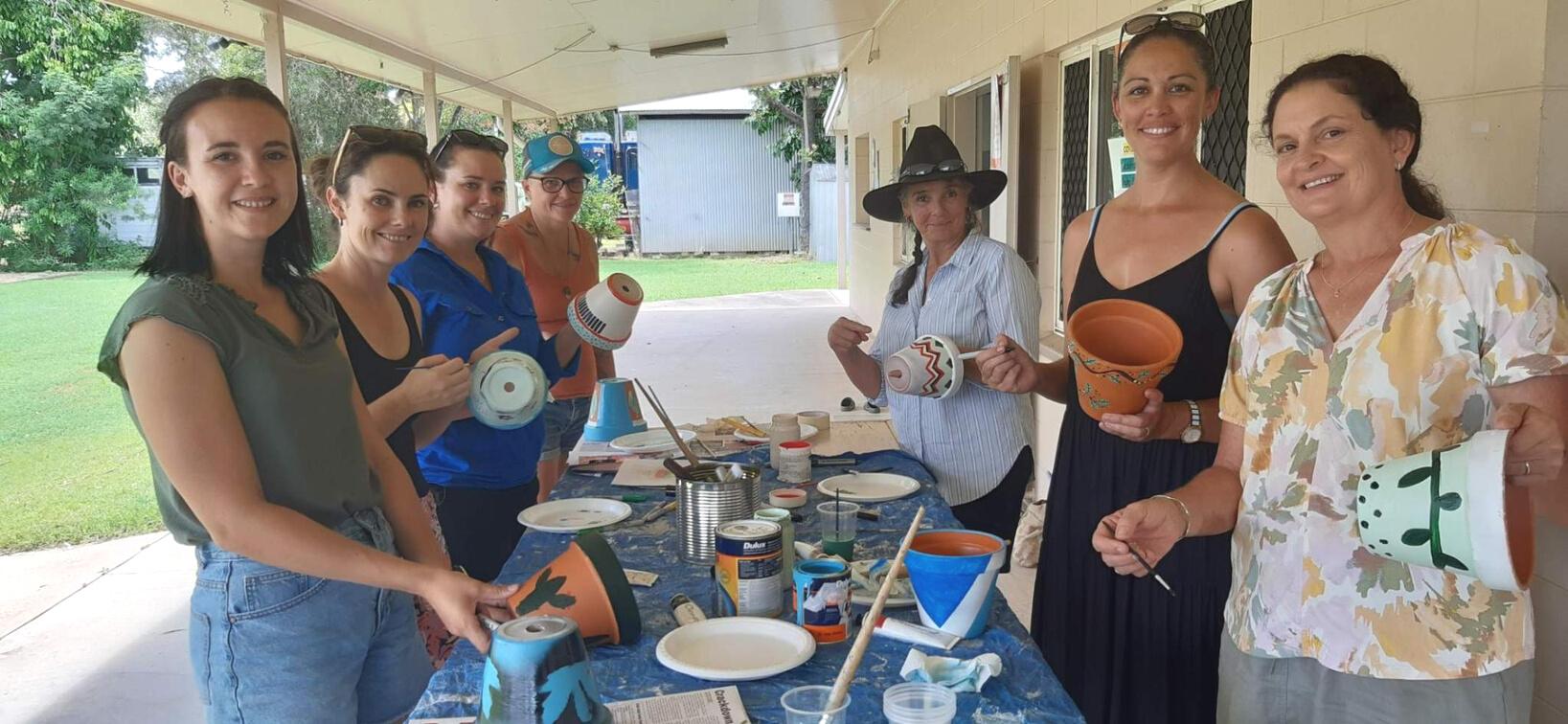
With funding support from the Queensland Government's Gambling Community Benefit Fund, we have retrofitted a trailer and turned it into a fully equipped portable classroom. This trailer will be used out and about in the region for school visits, field days, remote training, field naturalist surveys and other educational

June 2022, we ran three Rural Women s Leadership Courses in Normanton, Georgetown and Mareeba with coach Tammy Kruckow
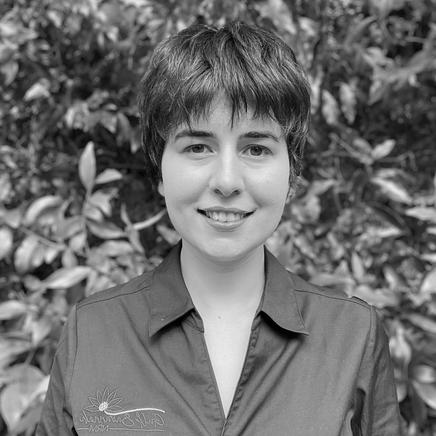
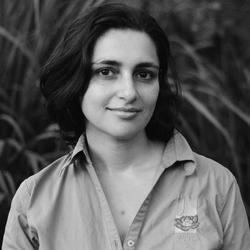
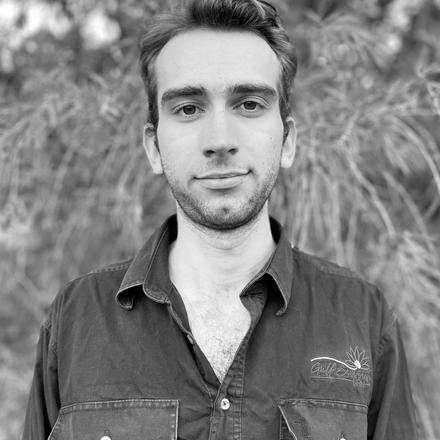
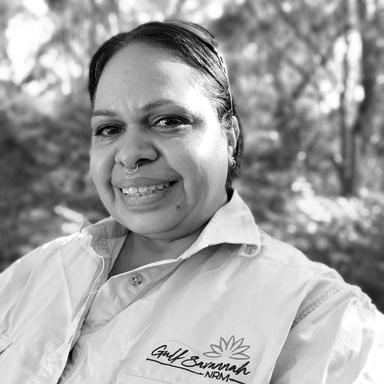
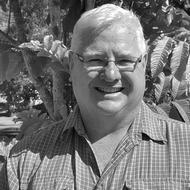

The current NRM Plan comes to the end of its currency period in 2022, but our NRM Planning Officer Wayne Young has been collating data, reviewing published evidence and consulting experts and the Board to develop a new NRM Plan, to drive NRM investment for the region into the future A draft NRM Plan will be available for public consultation until the end of 2022, before the final version is adopted in early 2023. Once adopted, the strategies and actions in the new NRM Plan will form the basis of ongoing conversations about driving funding into emerging NRM priorities for the region.

This year has been a very exciting and productive year for the Environment team, with the appointment of a Team Leader and the recruitment of several new members This year saw the completion, continuation and commencement of several projects addressing key environmental issues including poor water quality, habitat fragmentation, threatened species, invasive pests, biodiversity loss and natural disasters
Having suffered significant gully erosion during ‘The Trough’ flood event in 2019, Dulthara Station was selected as one of the stations requiring priority remedial works The Dulthara site was the last of seven gullies to be remediated as part of the Disaster Recovery Funding Arrangements (DRFA), jointly funded by Queensland Government and the Australian Government The engineers and earthworks contractors had to overcome significant logistical hurdles to complete the works at the gully, due to its extremely remote location.
Our Prickly Acacia Management program continued to gain grounds in addressing the emerging Prickly Acacia threat in the Northern Gulf region Through a combination of identification, mapping and treatment, this
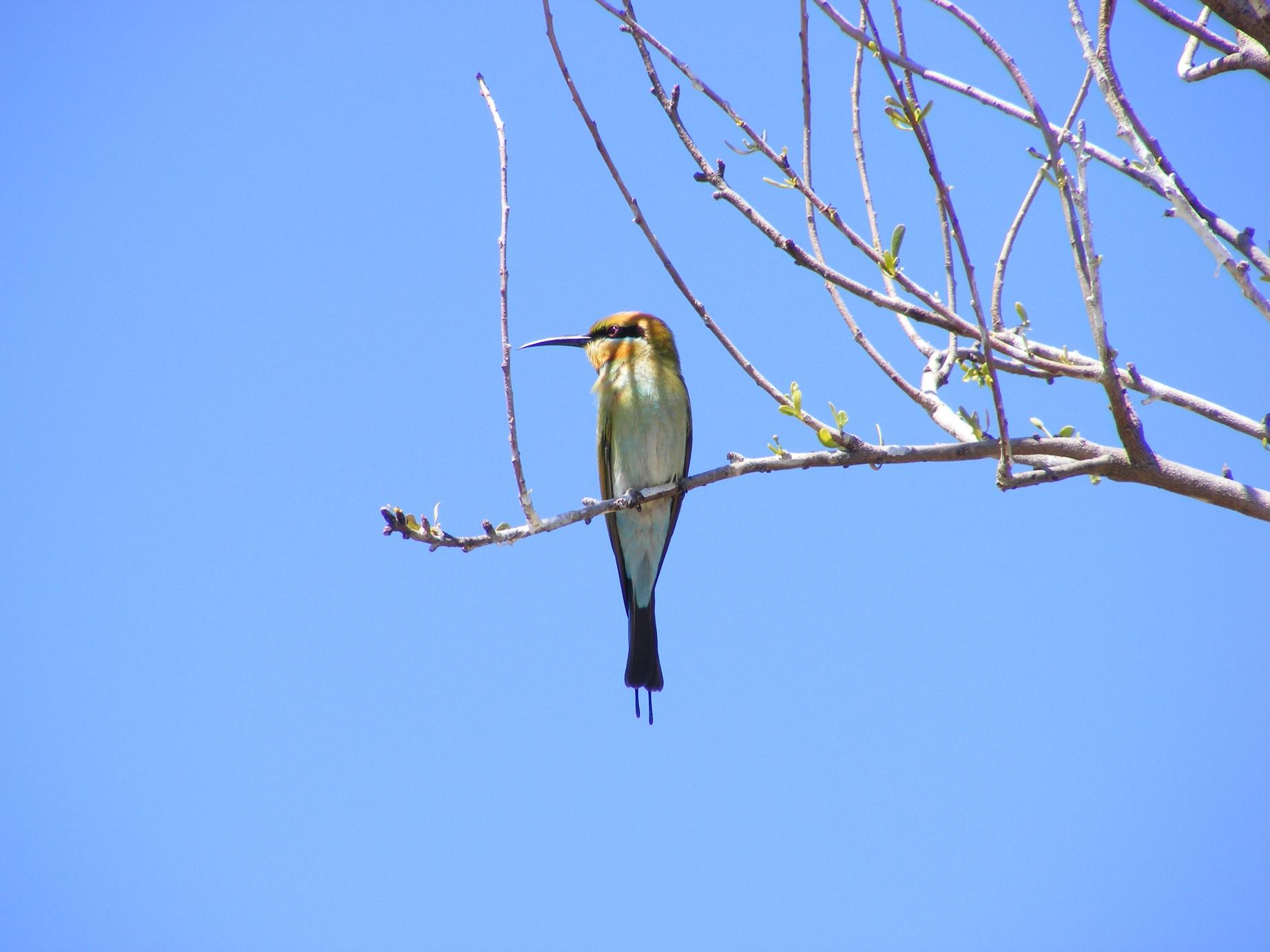
program continues to mitigate risks associated with the impacts of this weed on the environment and primary production. This program is funded by the Department of Agriculture, Water and the Environment
As part of the Australian Government’s Regional Land Partnerships (RLP) Program, the Golden Shouldered Parrot project saw us gain valuable insight into the threatening processes associated with the decline of this species. Field based training workshops were also delivered for Traditional Owner groups, building their capacity to undertake fauna and flora surveys Combining their intimate knowledge of country with western science, Traditional Owner groups play a critical role in the recovery of the Golden Shouldered Parrot
Community groups and volunteers combined forces to revegetate a corridor between Kennedy Creek and Abattoir Swamp, which had previously been cleared for sugar cane production The newly established habitat
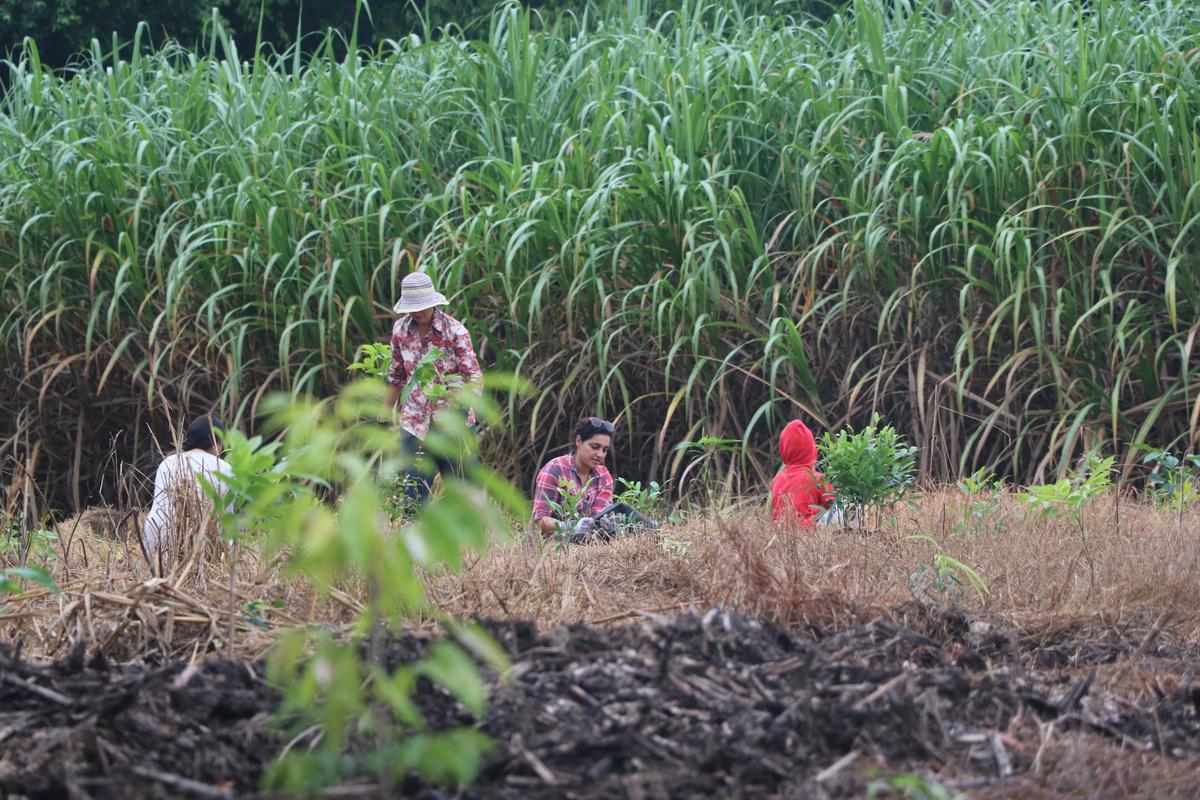
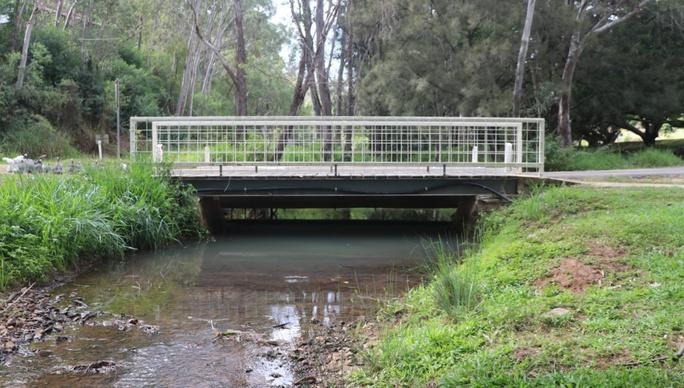
corridor will enhance the movement of plants and animals, reduce erosion and improve the quality of water flowing into Abattoir Swamp This project was funded through the Queensland Government’s Natural Resources Investment Program (NRIP).
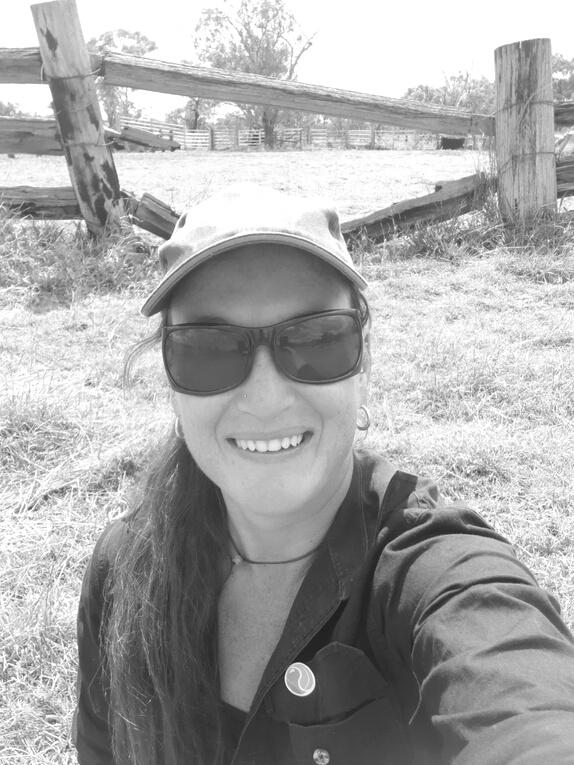

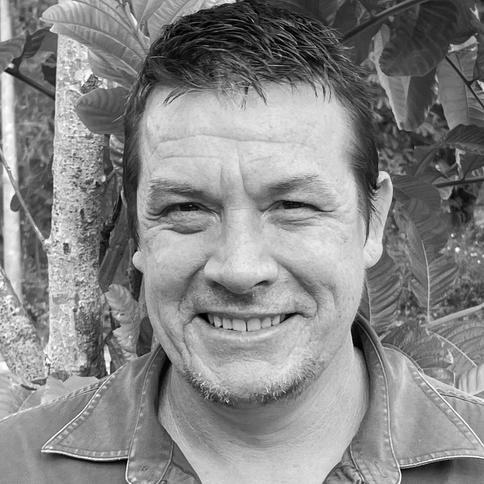
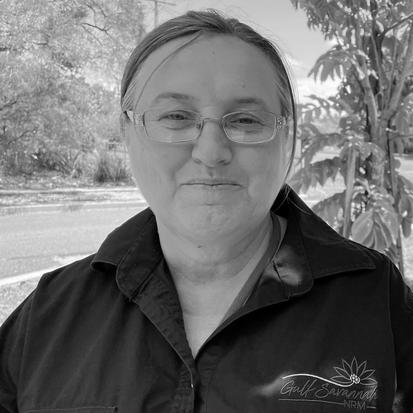
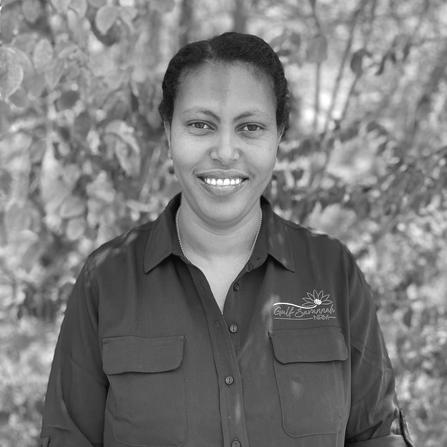
With the aim of improving the natural function, aesthetic, and recreational values of McDonald Creek, Phase 1 of the Irvinebank Applied Watershed Restoration project was completed this year. Specialists conducted extensive assessments of the catchment, which allowed them to formulate several options for the rehabilitation of the waterway (Phase 2) The next phase of this project is now ‘shovel ready’, should a suitable funding opportunity arise This project was also funded through the Queensland Government’s Natural Resources Investment Program (NRIP)
We've successfully secured funding through the Queensland Rural and Industry Development Authority (QRIDA) for an exciting new biodiversity project. The Showcasing Resilient Grazing Landscapes with Better Biodiversity project will compare levels of biodiversity between heavily grazed paddocks in poor condition, and moderately grazed paddocks in better land condition. Using automated field equipment, this project hopes to ascertain if good land management practices result in improved biodiversity in the paddock
As the negative effects of climate change emerge, the Northern Gulf will see an increase in the frequency and intensity of natural disasters Funded by the Australian Government, the Fire Smart Mareeba Shire and Resilient Futures for the Gulf projects aim to increase community preparedness and resilience to fire, flood, and cyclone across the region By improving awareness and building local capacity, these projects will provide Gulf communities with the networks, resources, and training to manage natural disasters as they are encountered.
The Gilbert River and the Mitchell River are large, ecologically diverse river systems. Extensive cattle grazing and agricultural development, current and proposed, present risks to the health and economic viability of the catchments Our work in the region identified a lack of localised, best practice riparian management, particularly in areas of the catchment with high conservation value This project identified priority high conservation value areas using threatened regional ecosystems data along riparian zones and the Aqua scores obtained through the Aquatic Conservation Assessment by the Queensland Government
The Gulf Rivers Riparian Improvement Project, funded by the Queensland Government Natural Resources Investment Program (NRIP) aimed to:
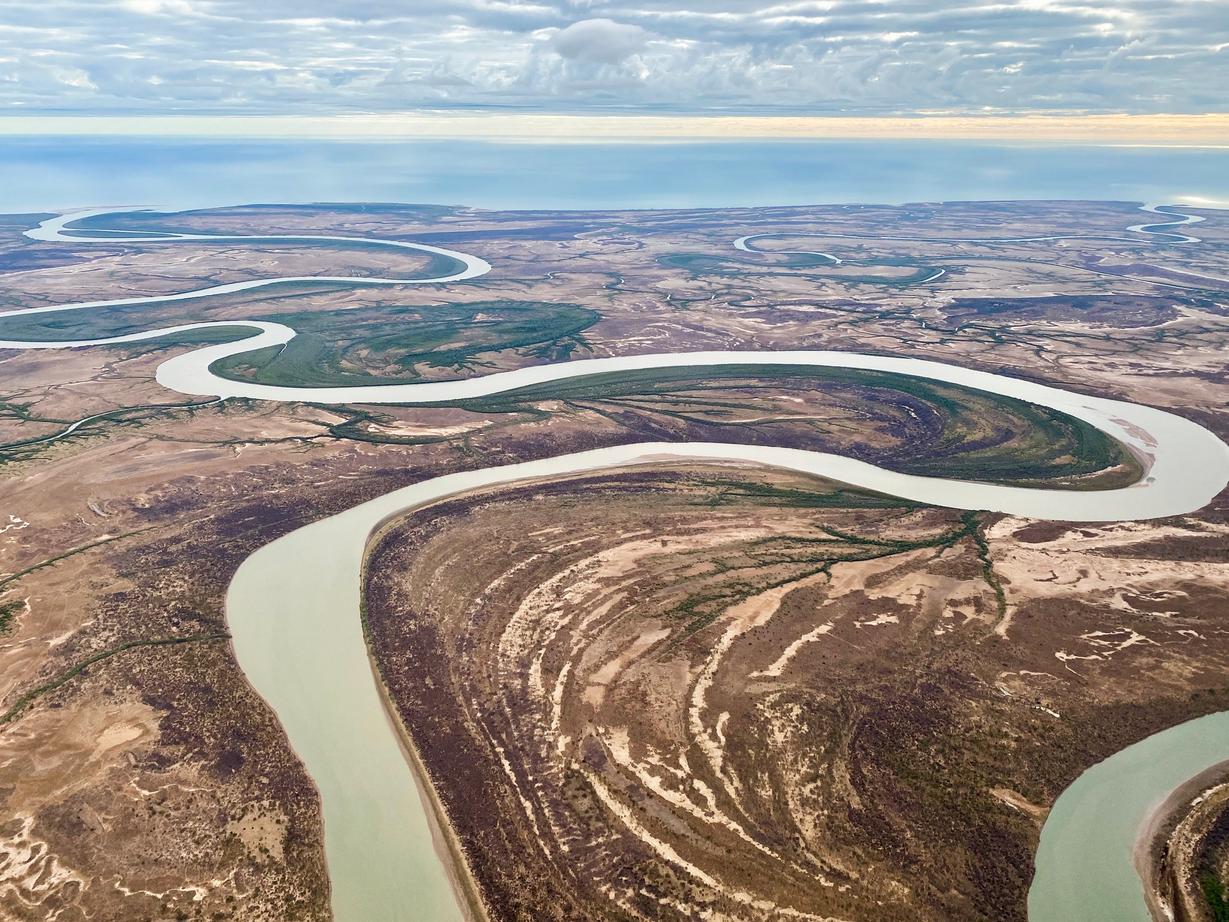
Work with 15 priority landholders to develop Property Specific Management Plans
Carry out cooperative investment programs to fund 150 km of riparian fencing, off site watering, pest and weed control to improve 7500 ha of riparian frontage at prioritised sites
Build capacity through workshops, forums, and rural school environmental education programs
Validate and quantify the benefits of these actions to inform on going adaptive management for other regional catchments
During this project, Gulf Savannah NRM worked in partnership with local government, Traditional Owners, industry, community groups and land managers
102 people were supported to develop new NRM skills and knowledge
The condition of over 99,402 ha of native vegetation was improved
41 km of water pipelines, 2 water pumps, 7 dams, 28 water tanks, 24 water bores, 51 water troughs were installed
Weeds were controlled on 1502 hectares of land 7,882 pigs were removed from riparian areas
Over 192 kilometres of fencing was delivered
The amount of sediment flowing into waterways was reduced on 61,091 hectares of land
Approx. $1,814,458 of in-kind landholder funding was leveraged consisting of labour, equipment, materials and contractors costs
Landholders were very interested and willing to participate in planning, forums, workshops, and activities to improve land condition, and have increased their capacity to implement best practice natural resource management through this project
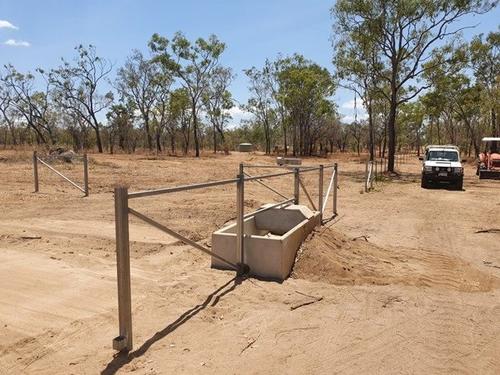

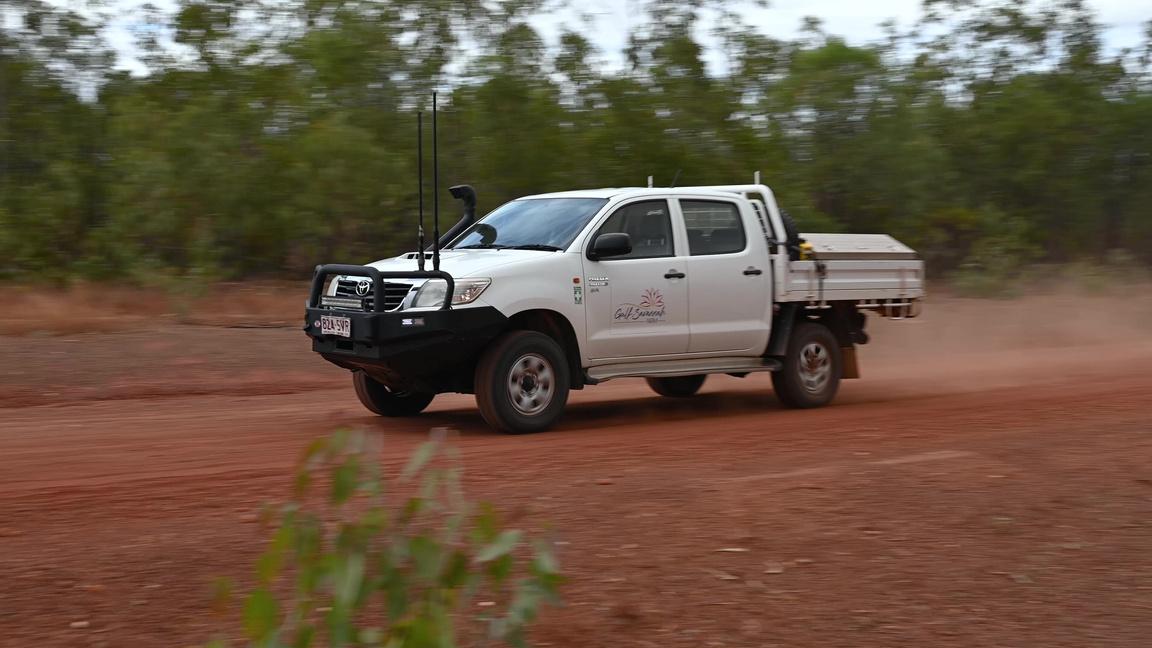
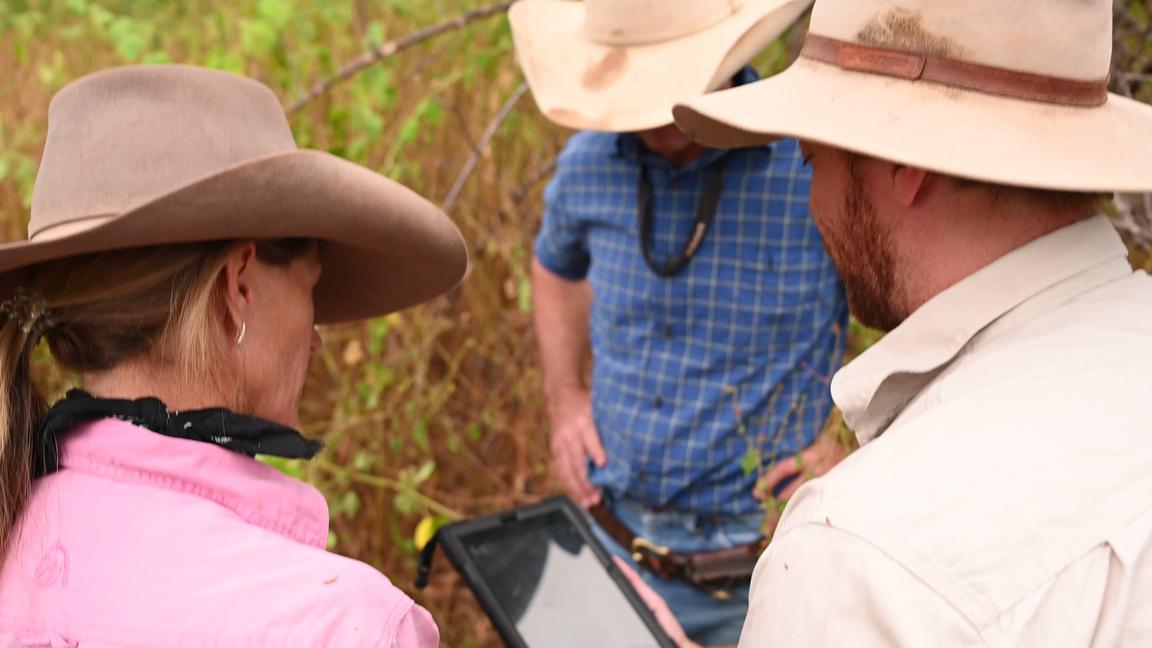
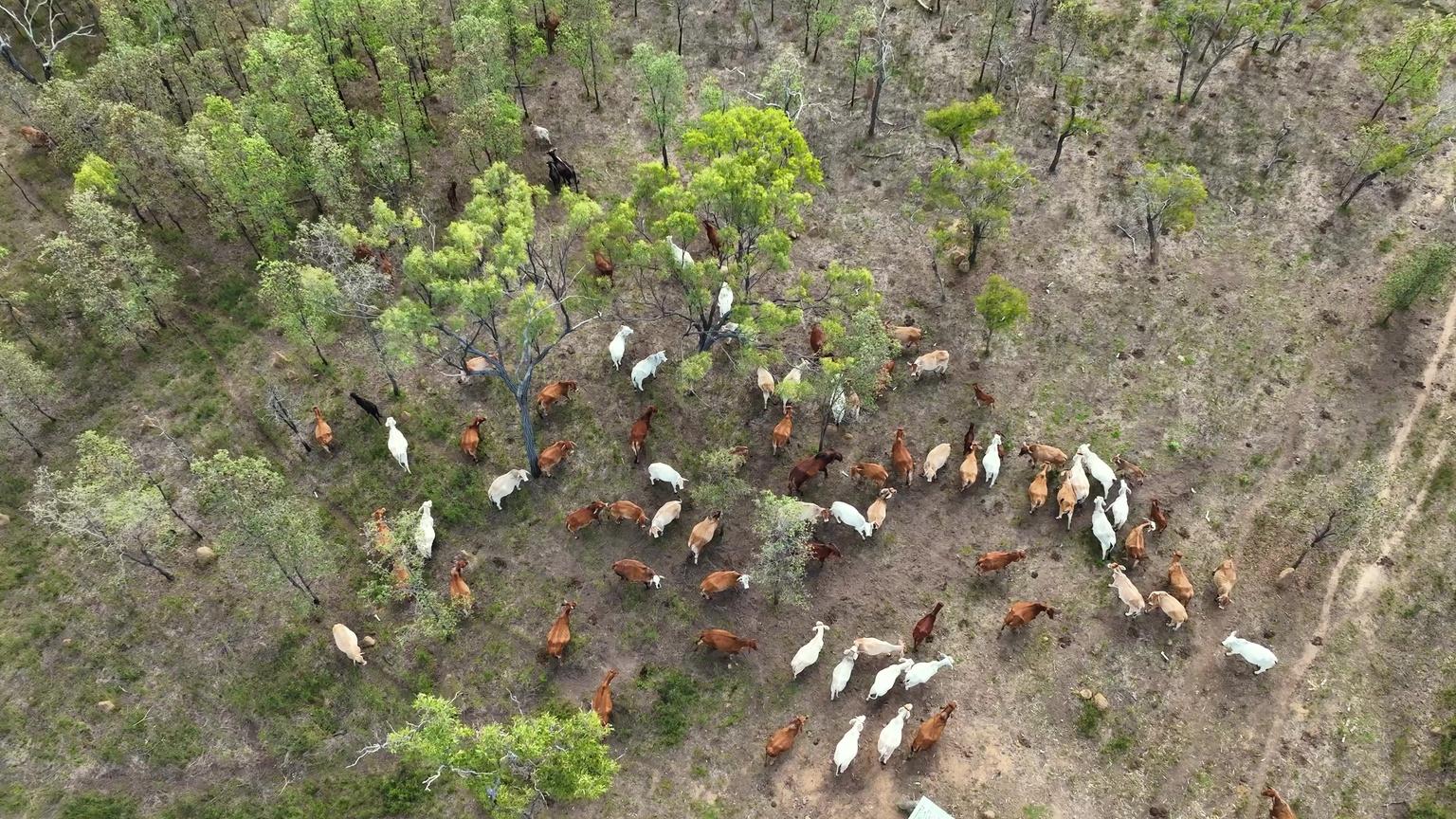
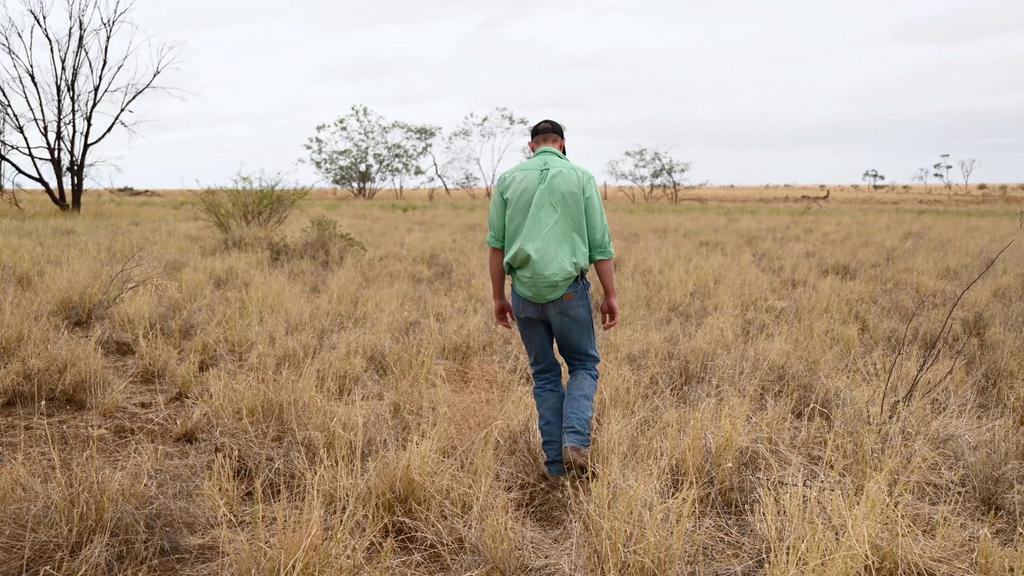
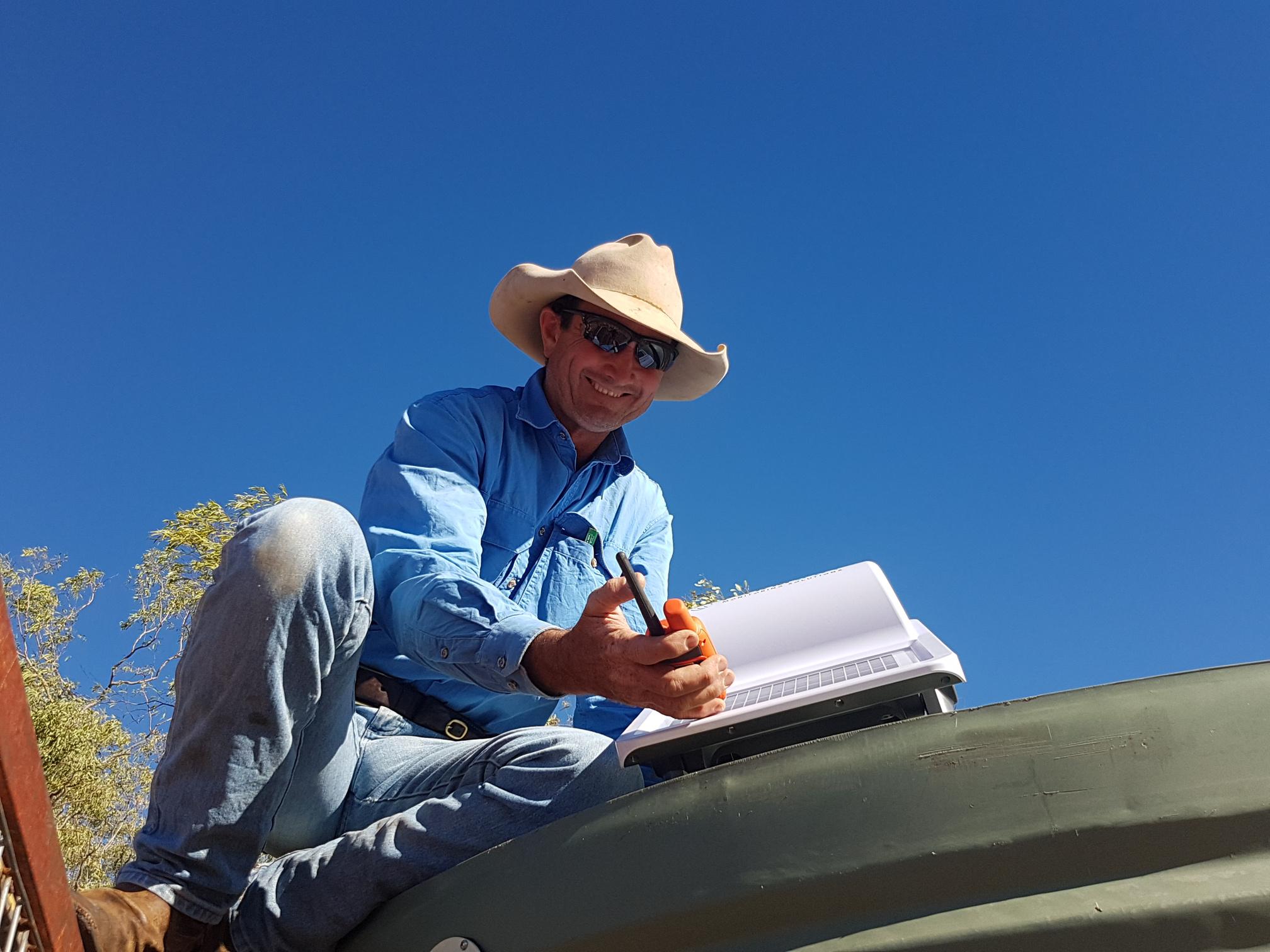
The E Beef Smart Farming Project worked with grazing businesses (Smart Farms) and groups of grazing businesses (Innovation Hubs) to demonstrate that innovative technologies can improve the accuracy and timeliness of livestock performance and pasture management. Adoption of innovative technology was intended to drive improvement in the condition of natural resources, in particular soils and ground cover, across a significant area of Australia's rangelands, as well as an increase in the financial viability of regional grazing businesses.
Led by Southern Gulf NRM who partnered with Queensland Department of Agriculture and Fisheries (QDAF) and two other NRM groups, Gulf Savannah NRM and Desert Channels Queensland (DCQ) the project was funded under the Australian Government's Smart Farming Partnerships program, administered by the Department of Agriculture, Water and Environment (DAWE).
The two key pieces of technology that were trialled to link grazing management and animal

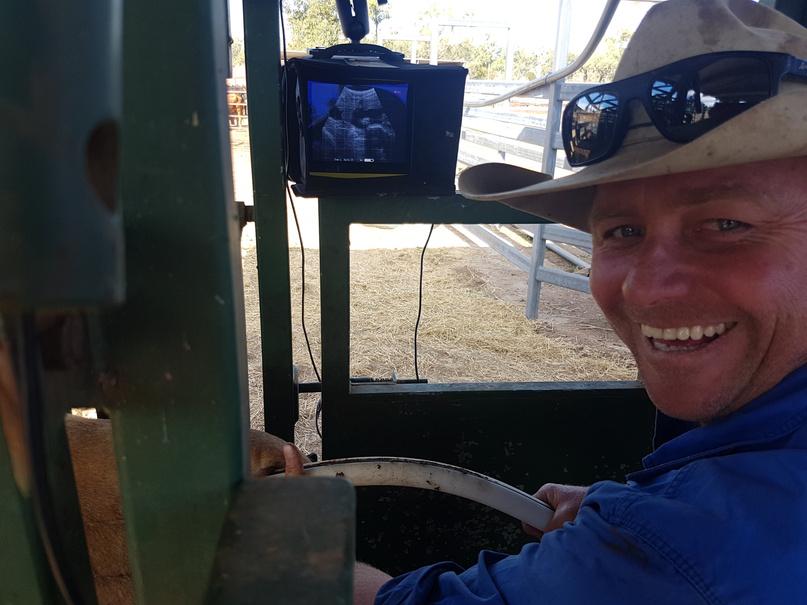
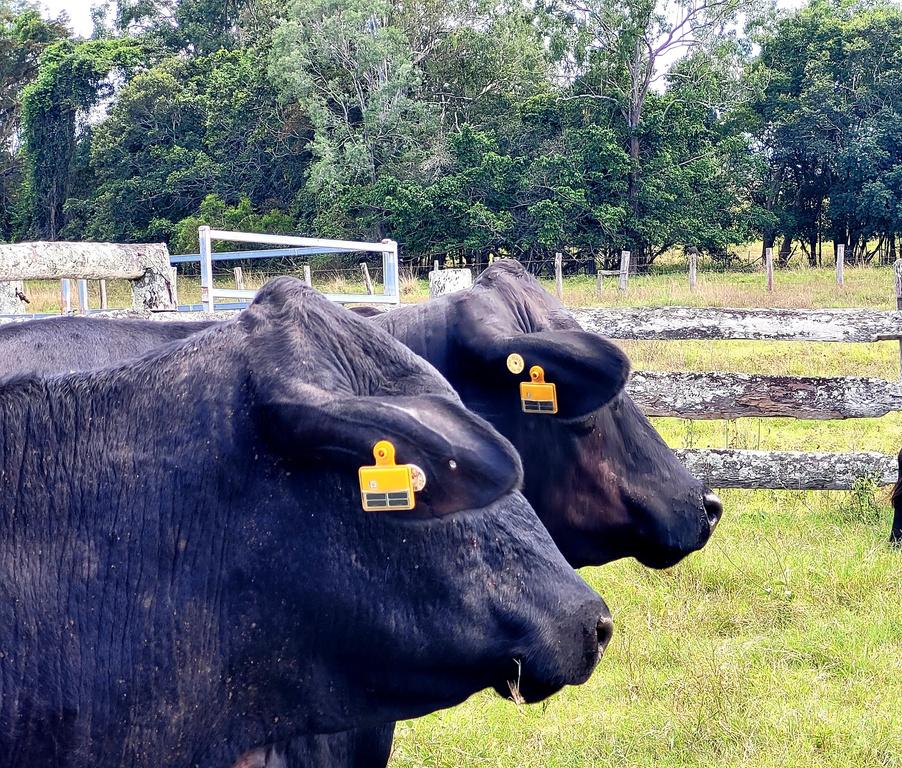
performance to improve land condition were the Walk over Weighing systems and NDVI Greenness Index. In our region the automatic Walk over Weighing (WoW) systems did not provide meaningful weight change data due to non uniform herd weights, the presence of natural waters in the paddocks, and issues with unreliability of the solar panel/battery setup, telemetry, weight averaging algorithm and
provider customer service Animal performance data should have been matched with a paddock Greenness Index (NDVI) calculated from satellite imagery, however inconsistencies in the information provided by the WoW units, unreliable data, and delays in receiving NDVI data, meant the tool was not able to be used effectively and therefore did not contribute to timely management decision making such as for supplementary feeding, or sale/movement dates
There were a couple of WoW success stories in other NRM regions, specifically where herd weight structure was more uniform and there was only one water source Despite this,
untimely provision of NDVI data never enabled the full potential of the decision making tool to improve land condition.
However, there is much anecdotal evidence that some of the technologies trialled could make big differences to profitability. The remote water monitoring and weather station technology was a standout This technology provides producers with accurate data on tank/trough levels with real time alerts for unusual events or issues. The ability to ‘check waters’ remotely enables producers to make a timely decision to focus resources on efficiently. Remote monitoring can dramatically reduce costs of labour, time and vehicles which can equate to 100s of kilometres and hours per week on some properties Real time alerts can save livestock deaths or reduced production that may have resulted from non functioning water points. Remote rain gauges capture information to help make informed and timely decisions Knowing when, where and how rainfall occurs presents additional management options for a paddock that producers normally don’t have access to view during a wet season.
To track the impact of technology uptake E Beef project participants were supported to submit business data into an online financial literacy tool, FarmECCO, designed to provide a detailed financial position and business benchmarking in real time Many producers had their own systems in place for their business and were not interested in duplicating efforts by using another program The project team lost oversight of this part of the project due to the sensitive nature of the information For these reasons, profitability effects of technology uptake could not be definitively stated
Direct injection technology of mineral supplements into the water reticulation system has anecdotally improved animal performance through dosage reliability, uptake by all animals, and efficiency of mineral usage
Ultrasound Pregnancy testing technology showed great value for segregating Pregnancy Tested In Calf (PTIC) cows and selling nonperformers This can have large impacts on supplement requirements and land condition
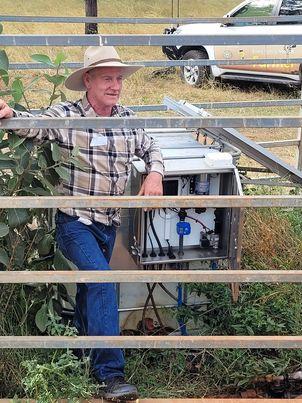
The peer to peer learning aspect of the Innovation Hubs was the most successful part of the project, with participants identifying upskilling, confidence building and increased

providers, there were barriers, glitches, breakdowns, and time wasted We quickly learnt not to be too optimistic when dealing with new technologies. A sense of excitement grows when purchasing something new, and it’s natural to want to quickly try out all the features; we soon learnt to take a few steps back It is important to have a clear
What is going on in your beef operation?

What is the problem you want resolved and is this technology going to solve it for you?
Will the technology integrate into what you already have, or will you need to upgrade systems and components?
What are the risks?
The project found that in the extensive grazing industry many technology companies over promise and under deliver Commonly technology companies didn’t have enough experience of the challenges, environment and scale required in North Queensland grazing operations. Producers should start at a base level and work into newer features as they become familiar with the technology, knowing it's providing what is required.
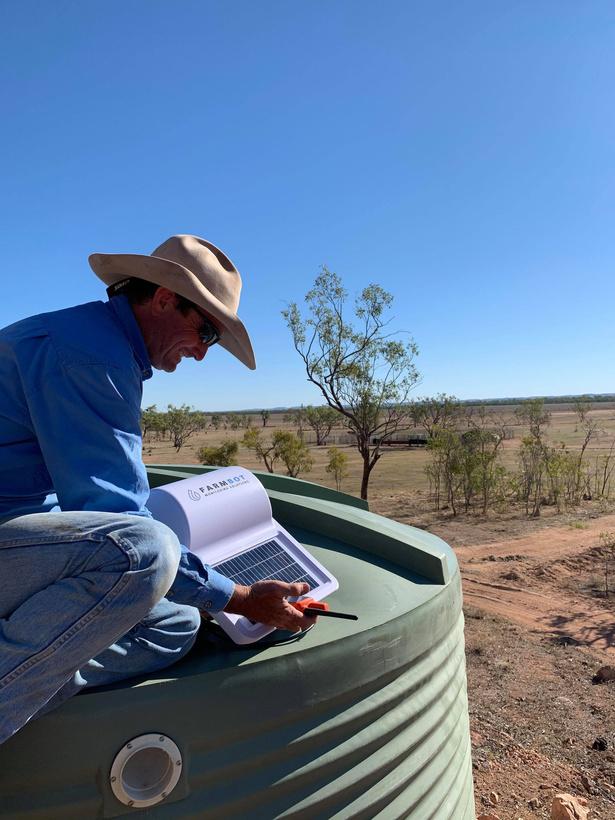
Sadly, the 2021 22 financial year will be the last of Gulf Savannah NRM’s longstanding Remote School Garden Champions program, funded by Northern Queensland Primary Health Network (NQPHN)
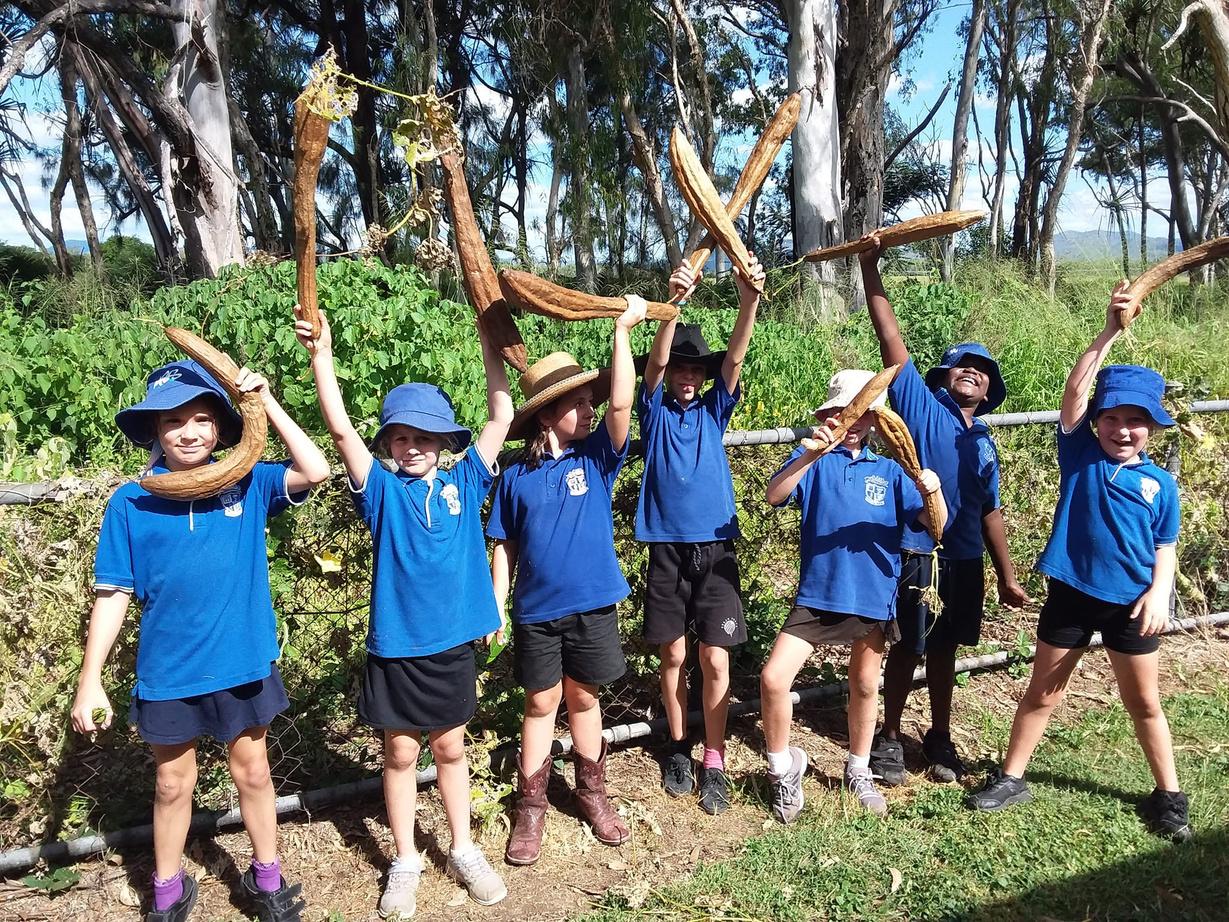
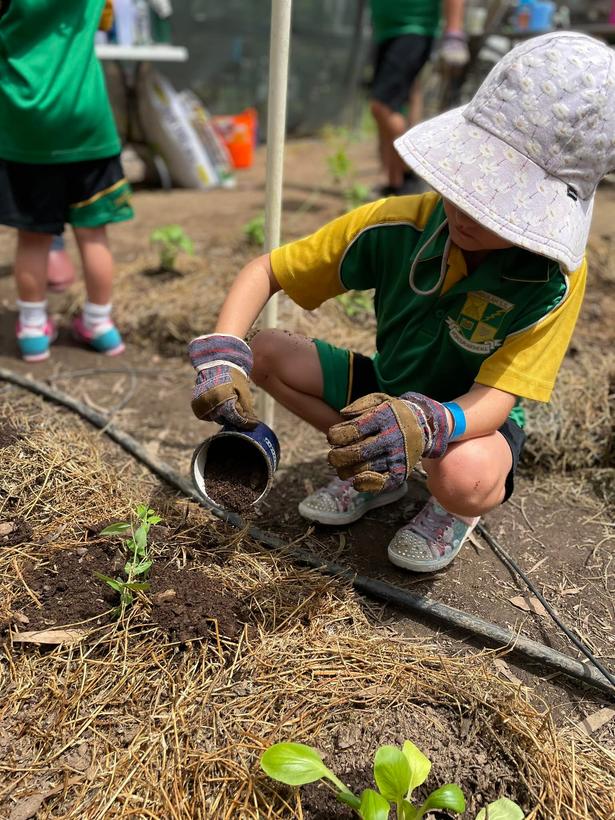
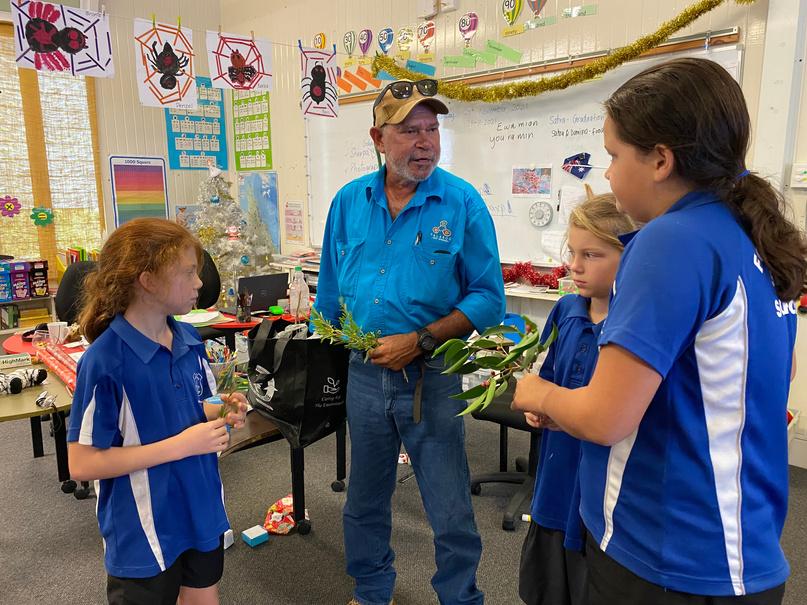
The concept for this program originated from the Gulf Kids program, which included many start ups of school gardens that subsequently failed due to lack of maintenance (particularly over holiday times) and turnover of key staff.
The Remote School Garden Champions program addressed these challenges by creating a stipend for a local “garden champion” to develop and maintain a school garden as a learning resource for kids in these remote communities.
The program was extremely successful, and grew from an original 4 schools in 2017, to 11 schools in 2022. A network of exceptional school garden champions from the remote communities across the Northern Gulf were enlisted, who helped to create some amazing food gardens within the grounds of their local primary schools.
The program included an annual Gulf Kids Day now in its 12th year which brought kids from far flung remote schools together for a day of environmental education activities In its later years, the program diversified to include Indigenous bush food education from local Traditional Owners, and produced its own quarterly magazine Gulf Kids News, distributed to school kids throughout the region
NQPHN has sadly changed their funding and strategic scope to other priorities. We sincerely thank them for their long standing support
We also thank the many teachers, principals, teachers’ aides, parents, and friends who have participated in the program over the past five years and the amazing school garden champions who took the opportunity provided through this program and made it into something wonderful to give back to the school community
But our biggest thanks are to the awesome kids of the Northern Gulf region who played, planted, weeded, watered, grew, and grazed in each of the 11 school gardens while making our jobs so much more fun!
